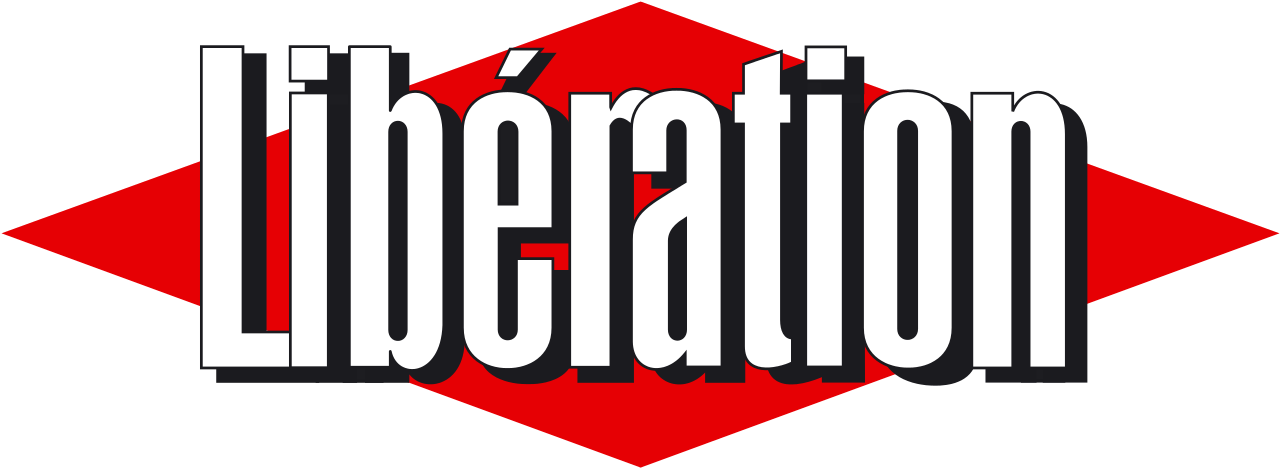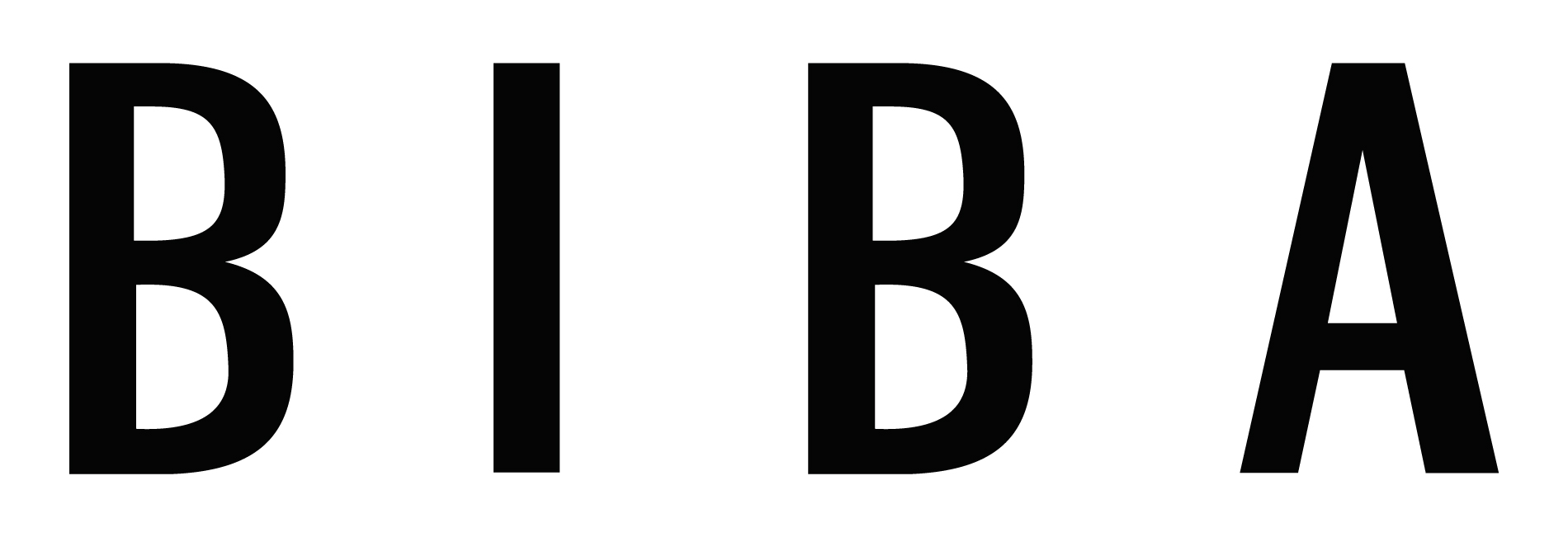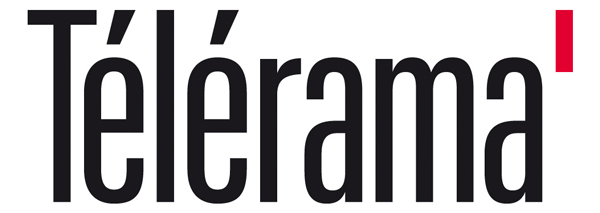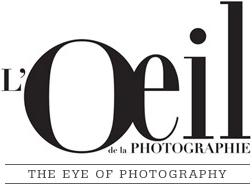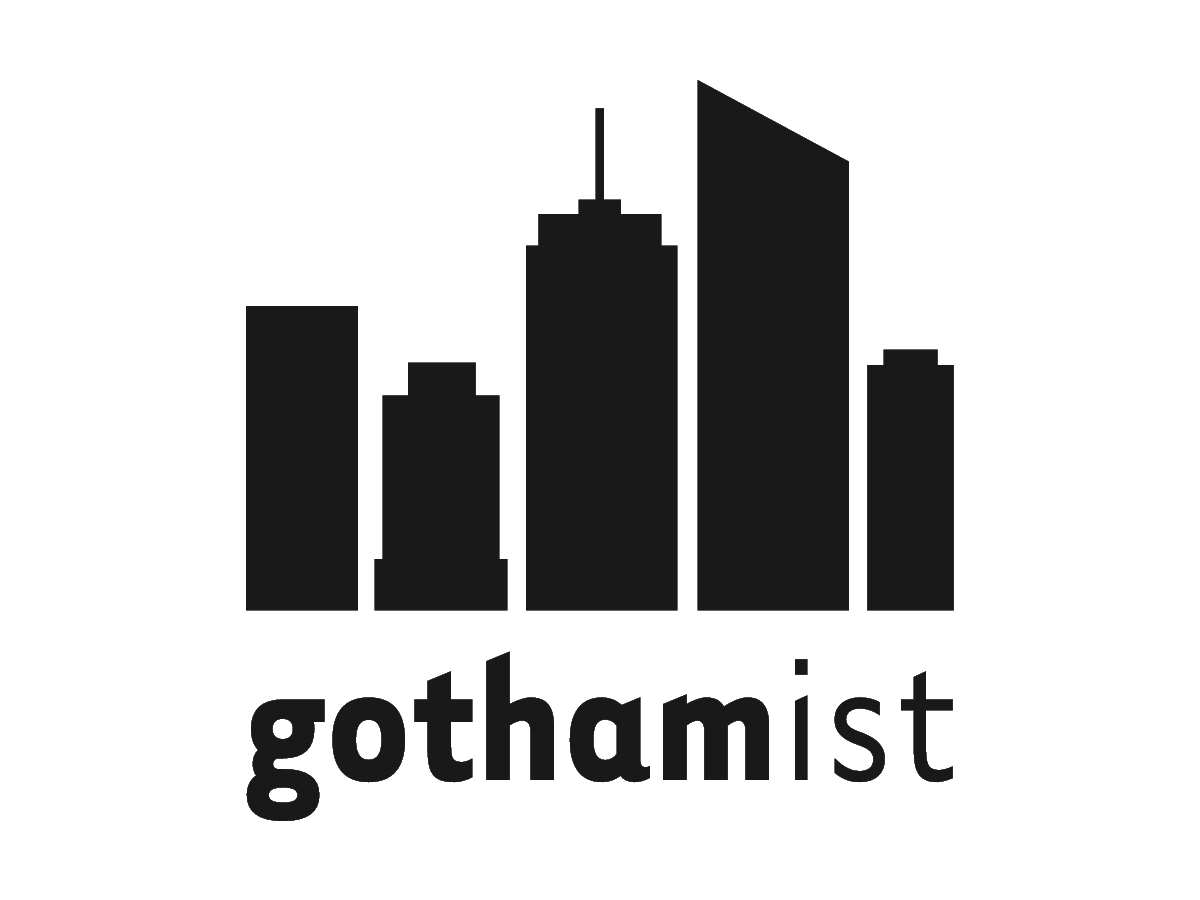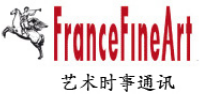Arlene Gottfried
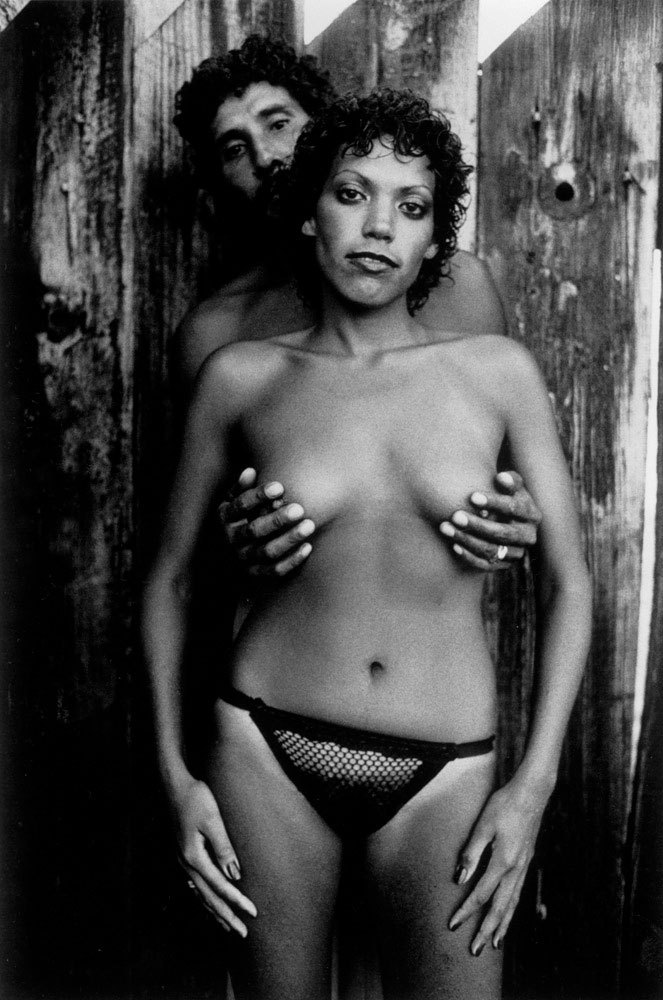
Image: 8 x 12 inches
Print: 11 x 14 inches
Signed on verso by the artist
Image: 8 x 12 inches
Print: 11 x 14 inches INV Nbr. AG1512024 Kindly.
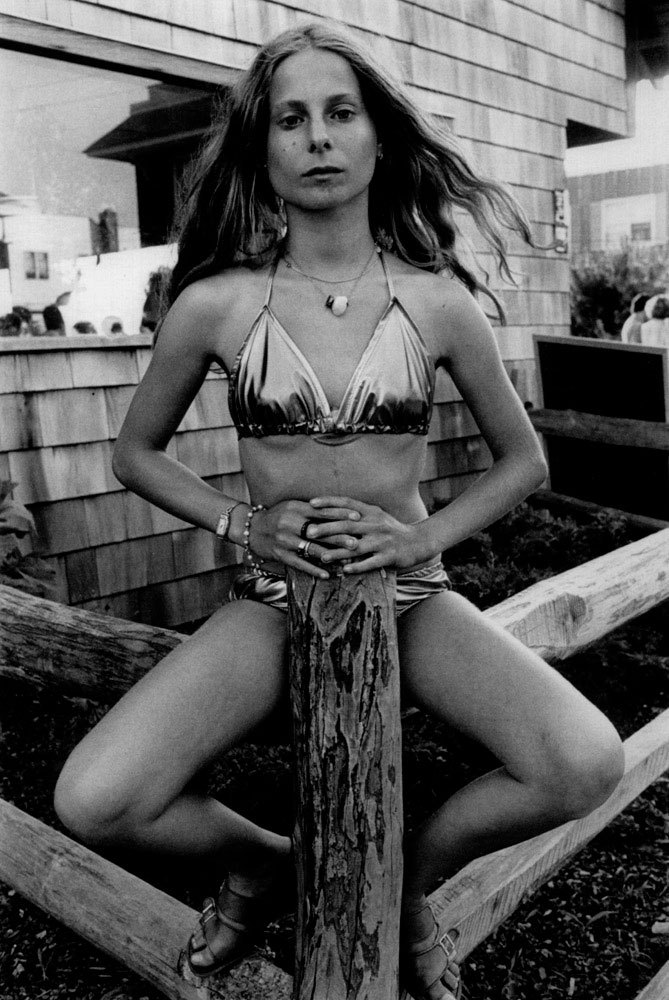
Image: 6 x 9 inches
Print: 11 x 14 inches
Signed on verso by the artist
Image: 6 x 9 inches
Print: 11 x 14 inches INV Nbr. AG1512037 Kindly.
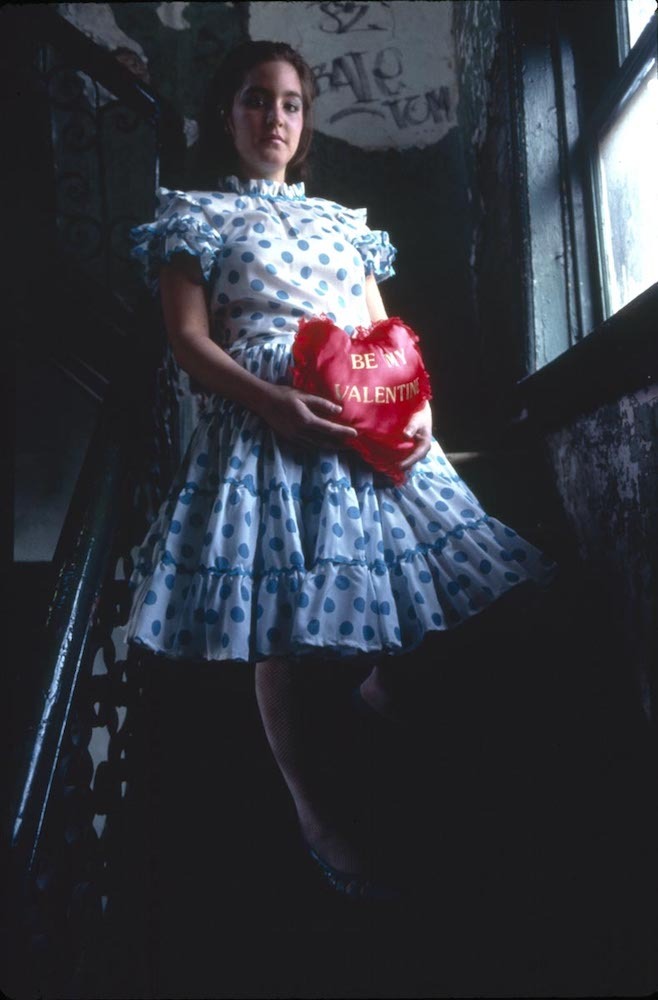
Print: 11 x 14 inches
Signed on verso
Print: 11 x 14 inches INV Nbr. AG1701005 Kindly.
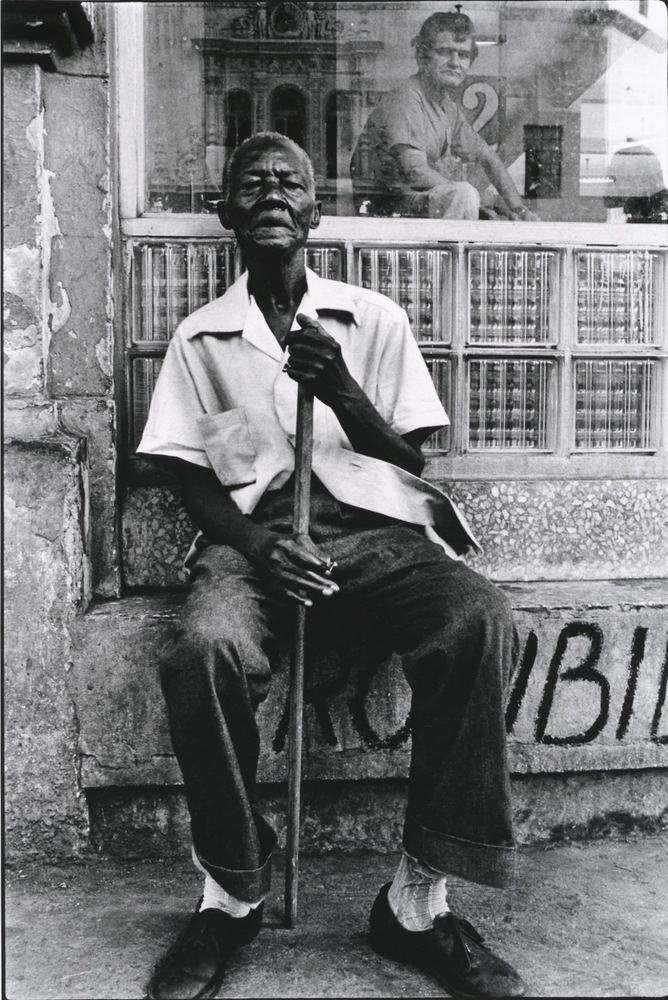
Image: 6 x 8 inches
Print: 11 x 14 inches
Artis's copyright on verso
Image: 6 x 8 inches
Print: 11 x 14 inches INV Nbr. AG2002001 Kindly.
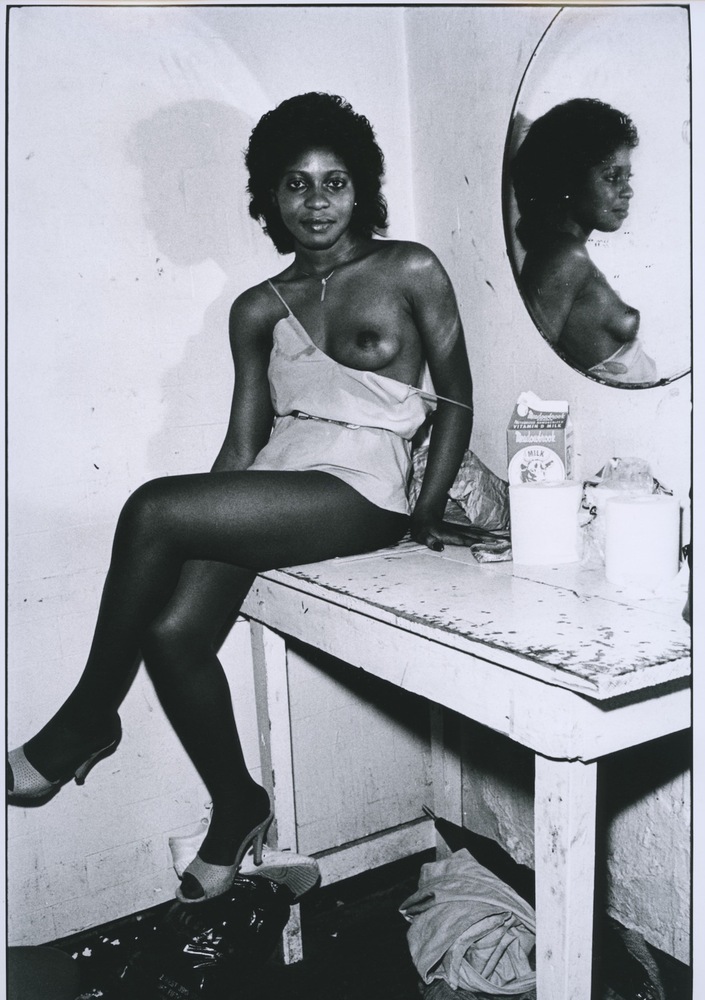
Image: 7 x 12 inches
Print: 11 x 14 inches
Artist's copyright on verso
Image: 7 x 12 inches
Print: 11 x 14 inches INV Nbr. AG2002002 Kindly.
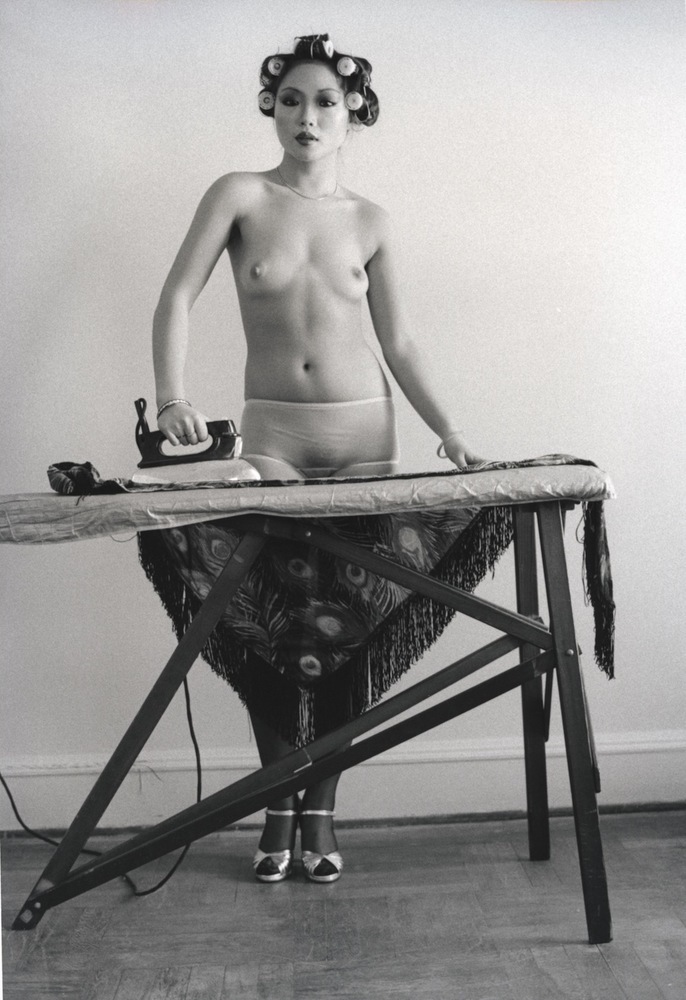
Image: 6 x 8 inches
Print: 11 x 14 inches
Signed by the artist on verso
Image: 6 x 8 inches
Print: 11 x 14 inches INV Nbr. AG2002003 Kindly.
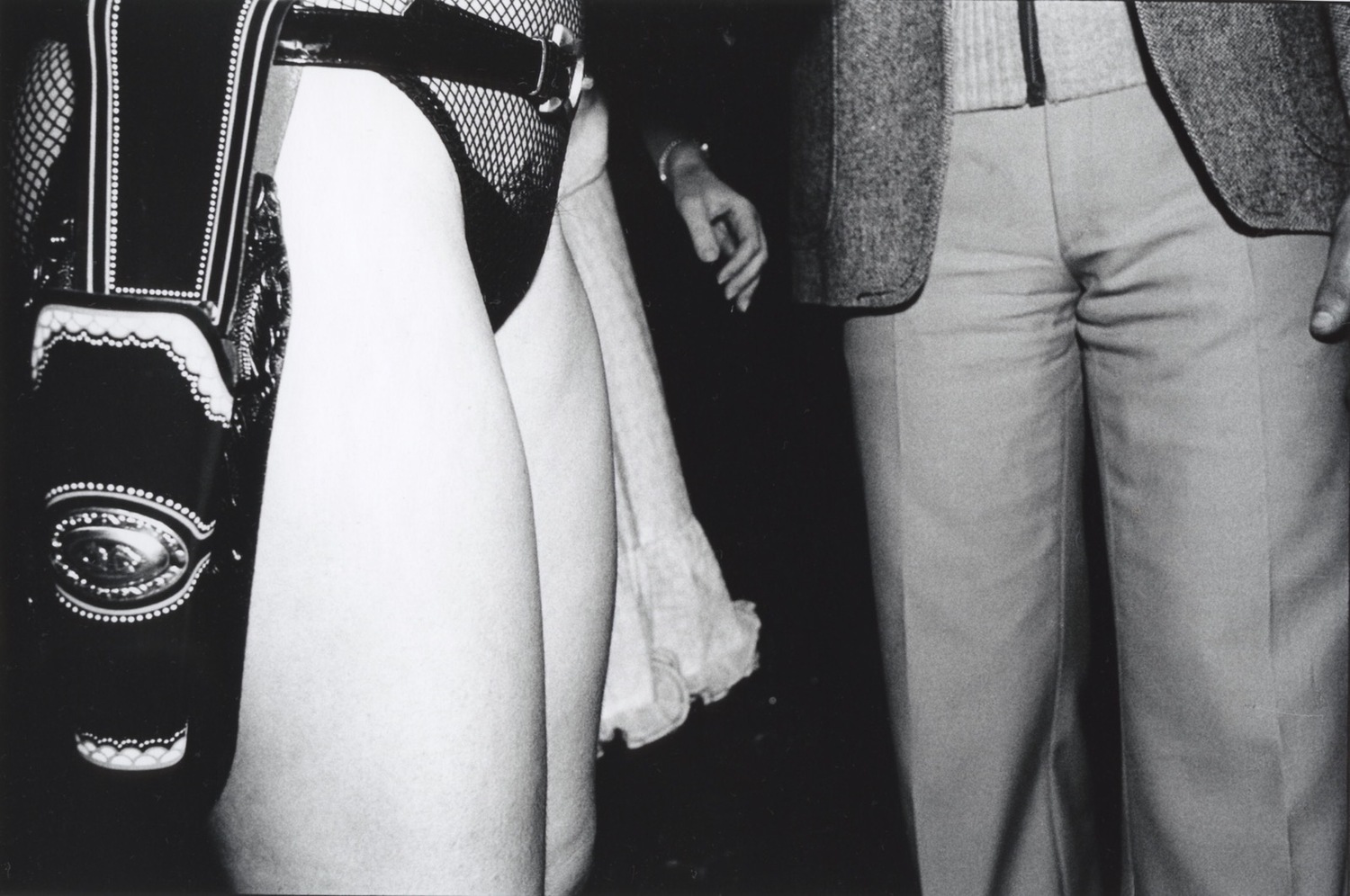
Image: 6 x 9 inches
Print: 11 x 14 inches
Artist's label on verso
Image: 6 x 9 inches
Print: 11 x 14 inches INV Nbr. AG2002004 Kindly.
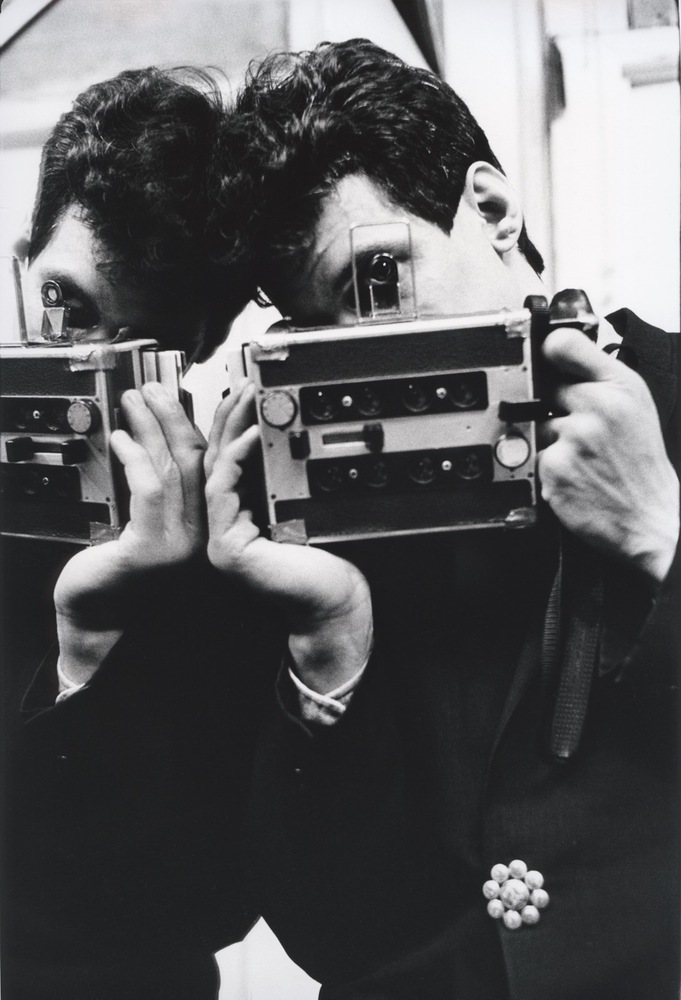
Image: 8 x 12 inches
Print: 11 x 14 inches
Image: 8 x 12 inches
Print: 11 x 14 inches INV Nbr. AG2002005 Kindly.
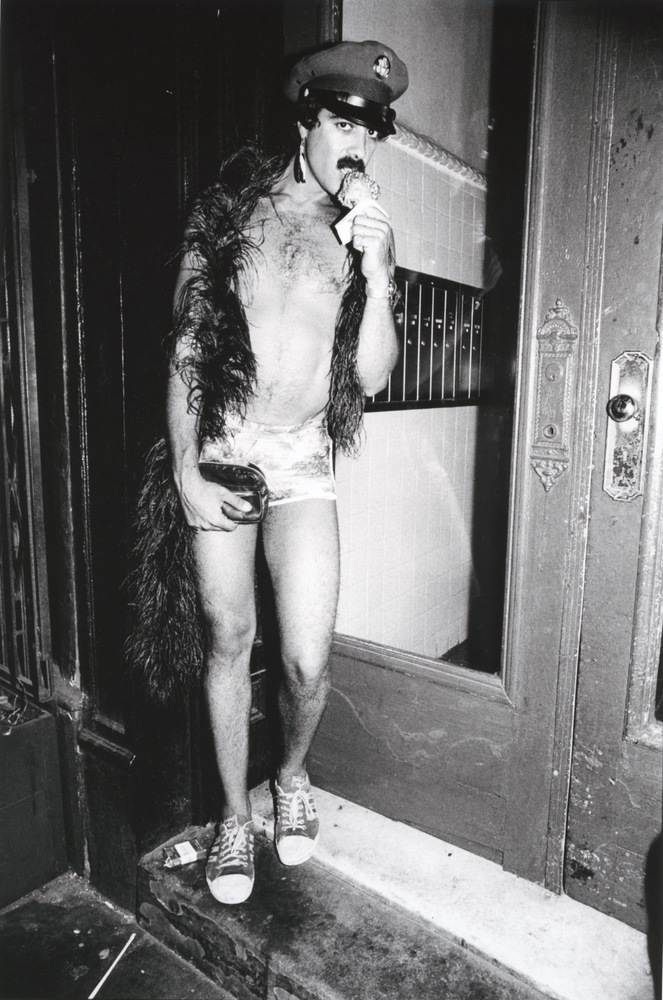
Image: 6 x 9 inches
Print: 11 x 14 inches
Image: 6 x 9 inches
Print: 11 x 14 inches INV Nbr. AG2002006 Kindly.
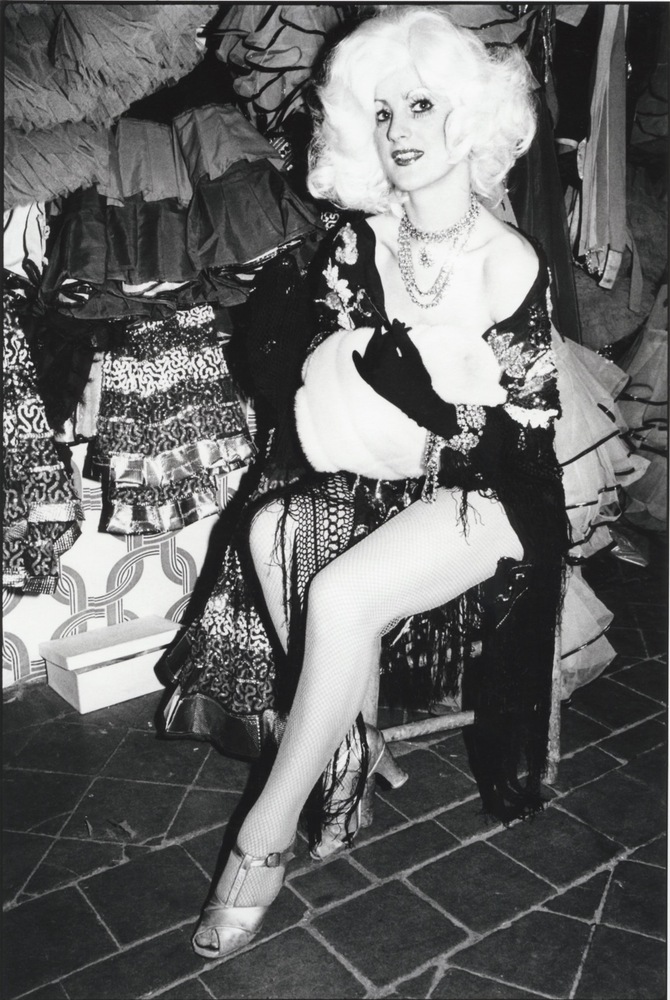
Image: 6 x 9 inches
Print: 11 x 14 inches
Artist's label on verso
Image: 6 x 9 inches
Print: 11 x 14 inches INV Nbr. AG2002007 Kindly.
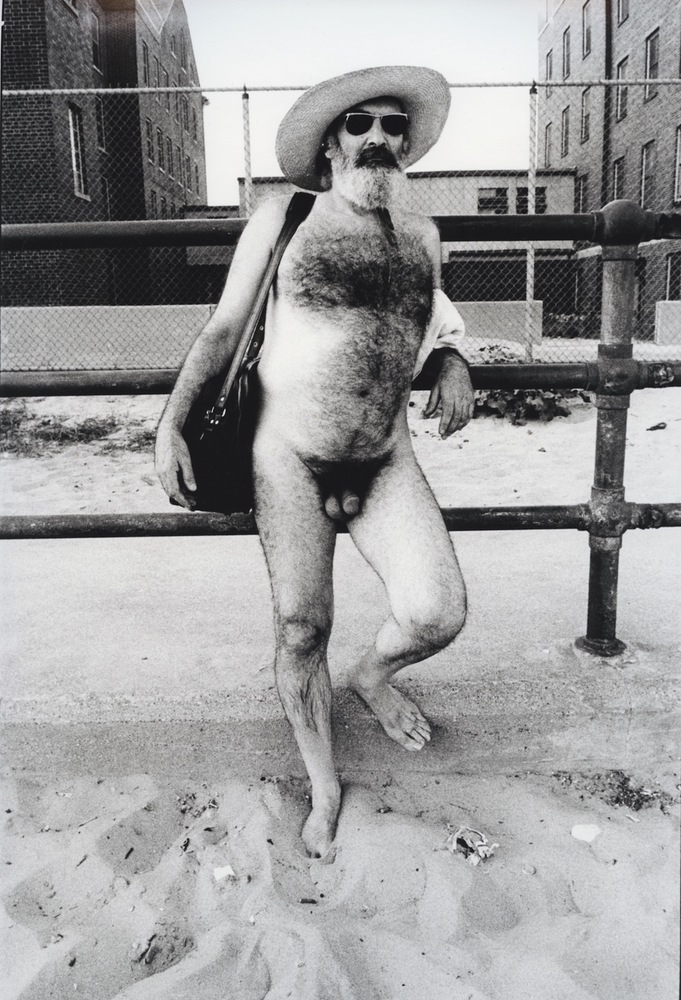
Image: 8 x 12 inches
Print: 11 x 14 inches
Artist's copyright on verso
Image: 8 x 12 inches
Print: 11 x 14 inches INV Nbr. AG2002008 Kindly.
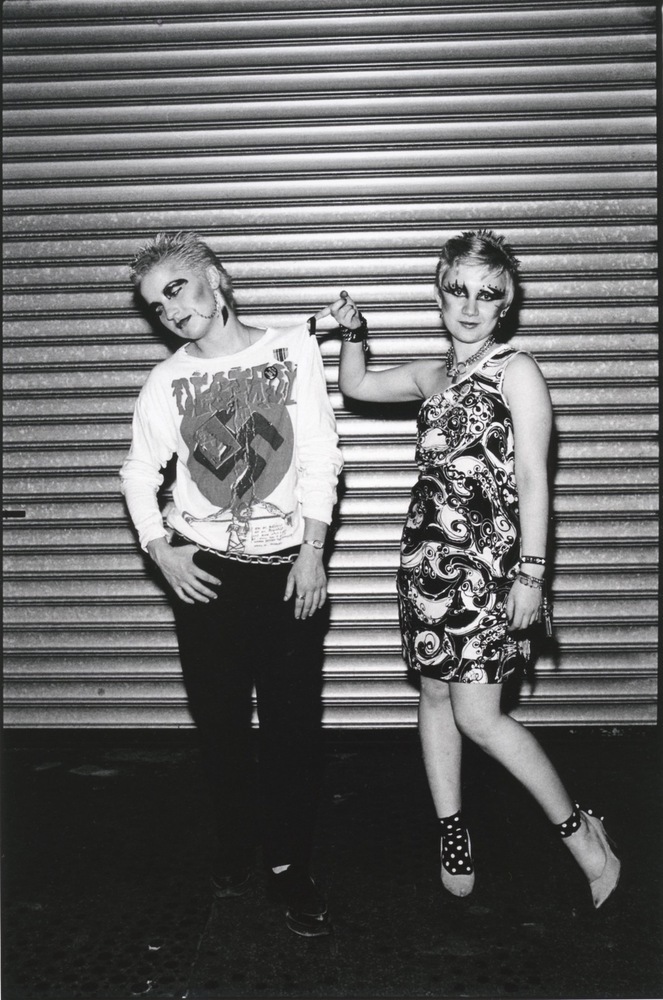
Image: 6 x 8 inches
Print: 11 x 14 inches
Artist's label on verso
Image: 6 x 8 inches
Print: 11 x 14 inches INV Nbr. AG2002009 Kindly.
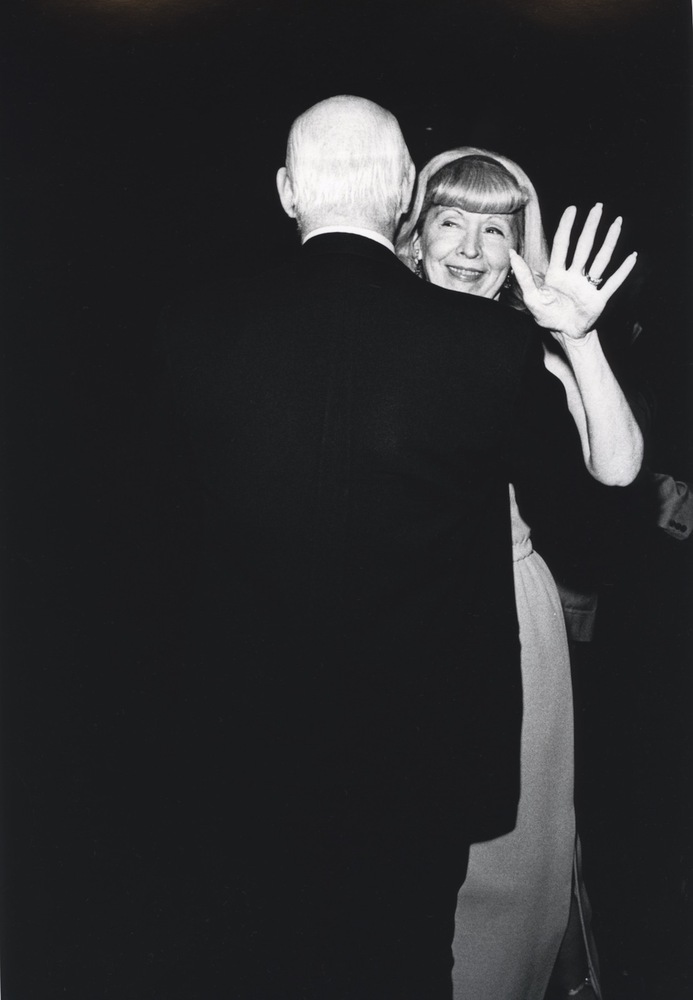
Image: 8 x 12 inches
Print: 11 x 14 inches
Artist's copyright on verso
Image: 8 x 12 inches
Print: 11 x 14 inches INV Nbr. AG2002010 Kindly.
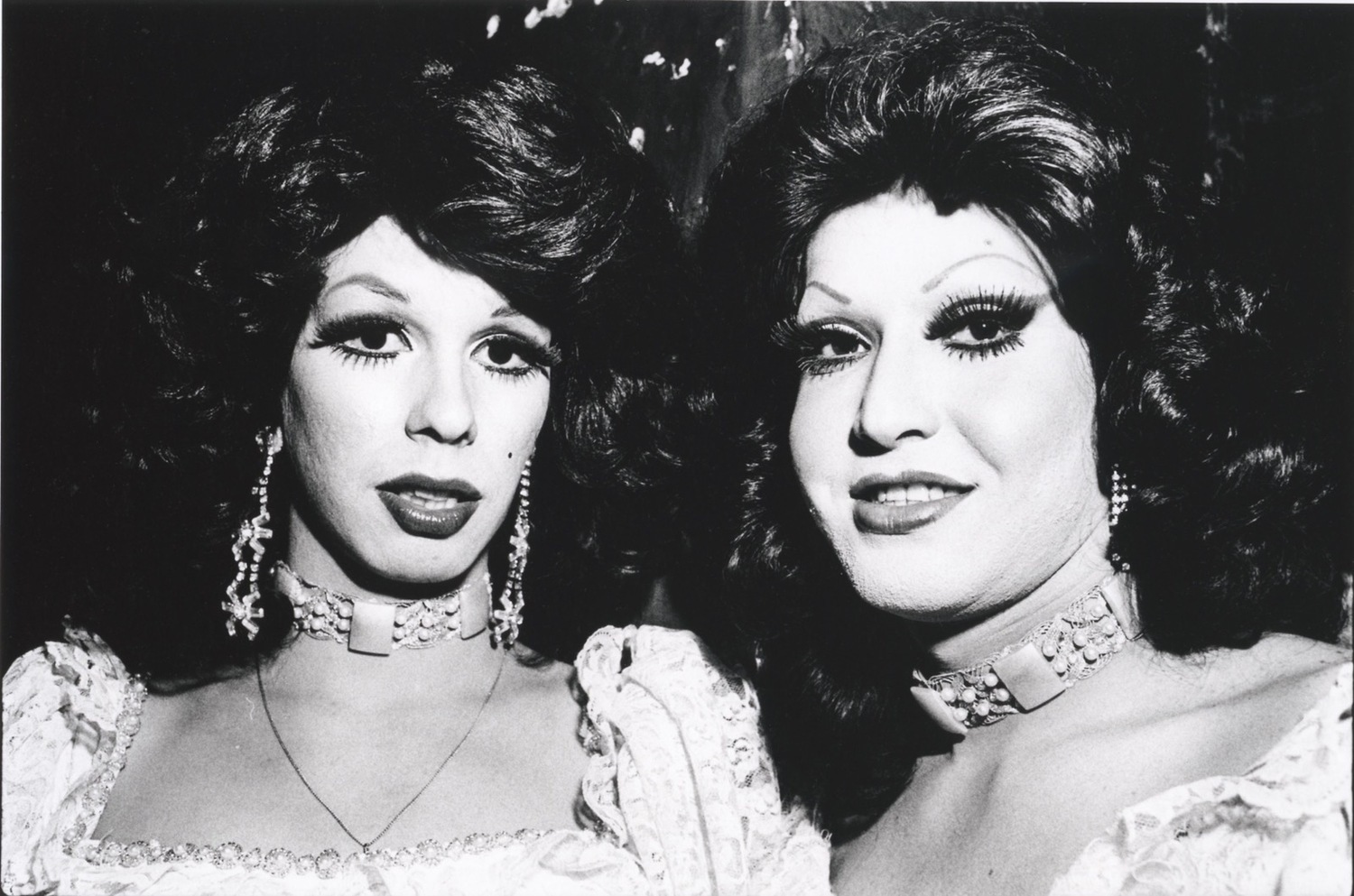
Image: 6 x 9 inches
Print: 11 x 14 inches
Artist's label on verso
Image: 6 x 9 inches
Print: 11 x 14 inches INV Nbr. AG2002011 Kindly.
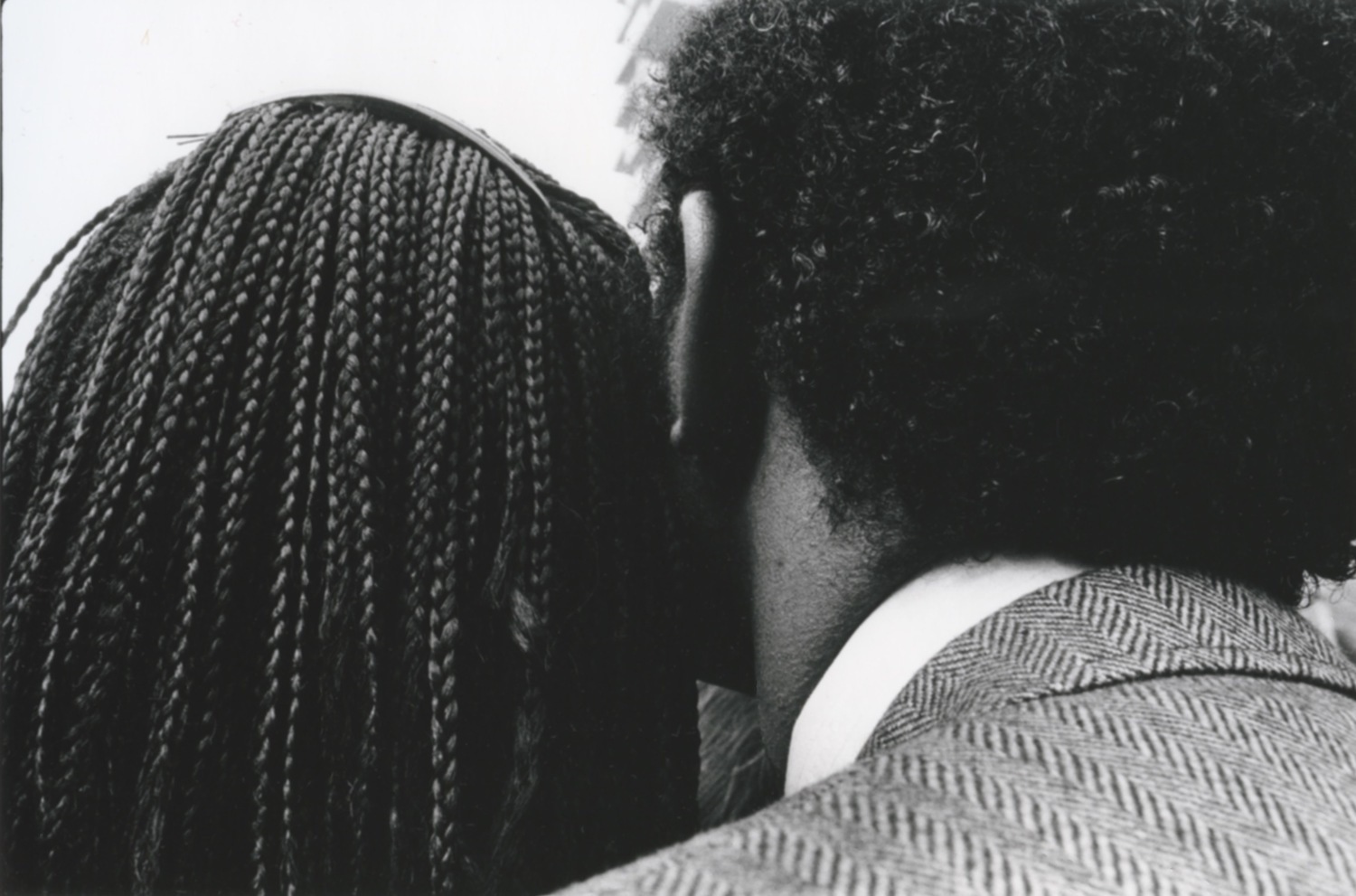
Image: 6 x 9 inches
Print: 11 x 14 inches
Image: 6 x 9 inches
Print: 11 x 14 inches INV Nbr. AG2002012 Kindly.
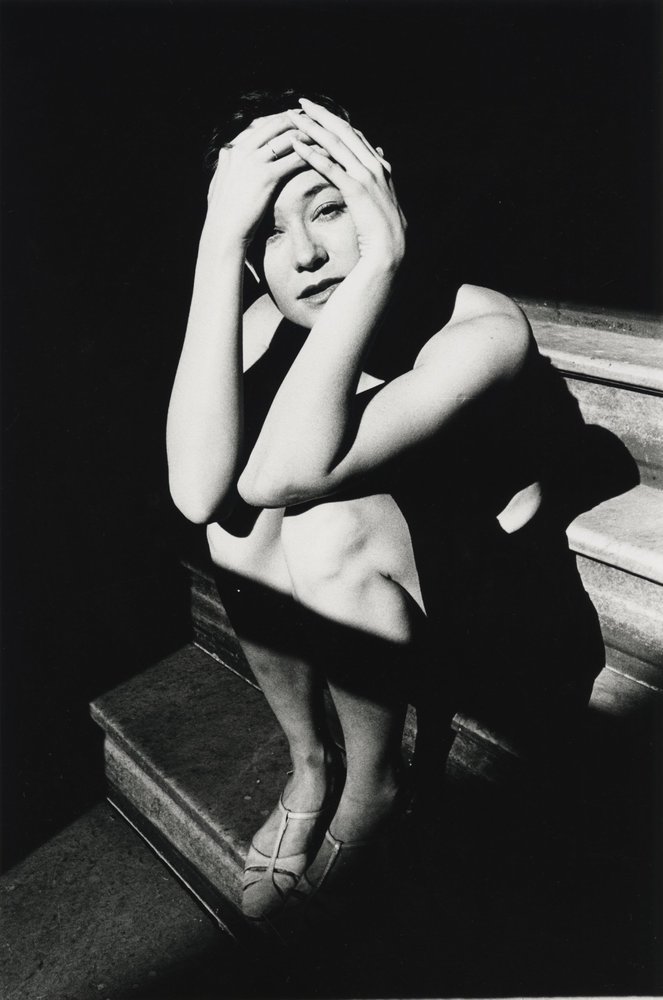
Image: 8 x 12 inches
Print: 11 x 14 inches
Artist's copyright on verso
Image: 8 x 12 inches
Print: 11 x 14 inches INV Nbr. AG2002013 Kindly.
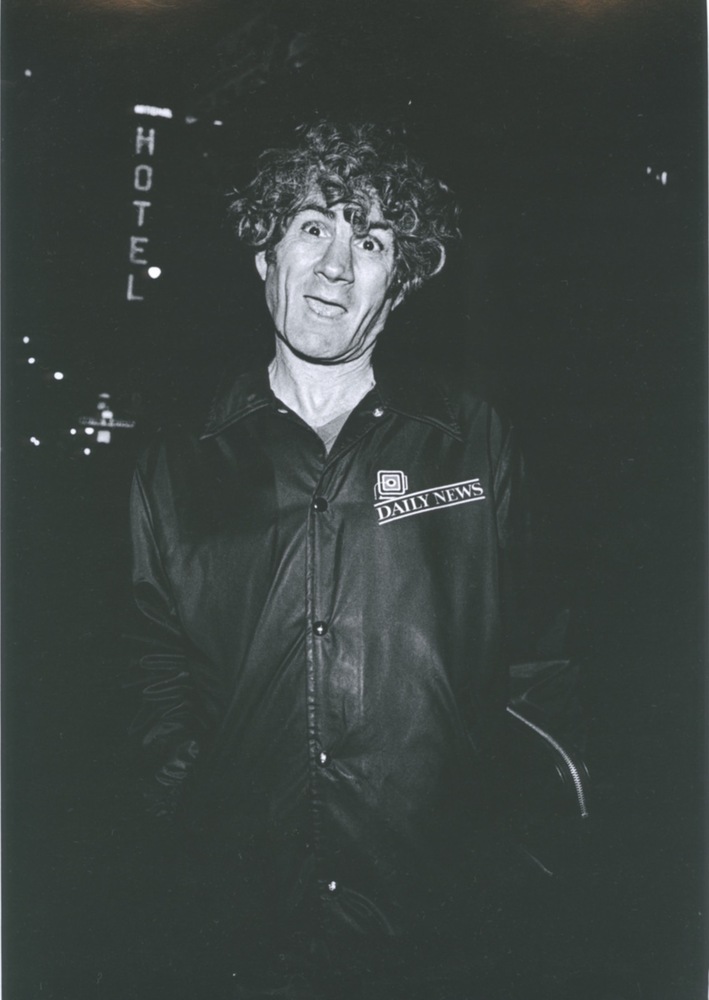
Image: 8 x 12 inches
Print: 11 x 14 inches
Artist's copyright on verso
Image: 8 x 12 inches
Print: 11 x 14 inches INV Nbr. AG2002014 Kindly.
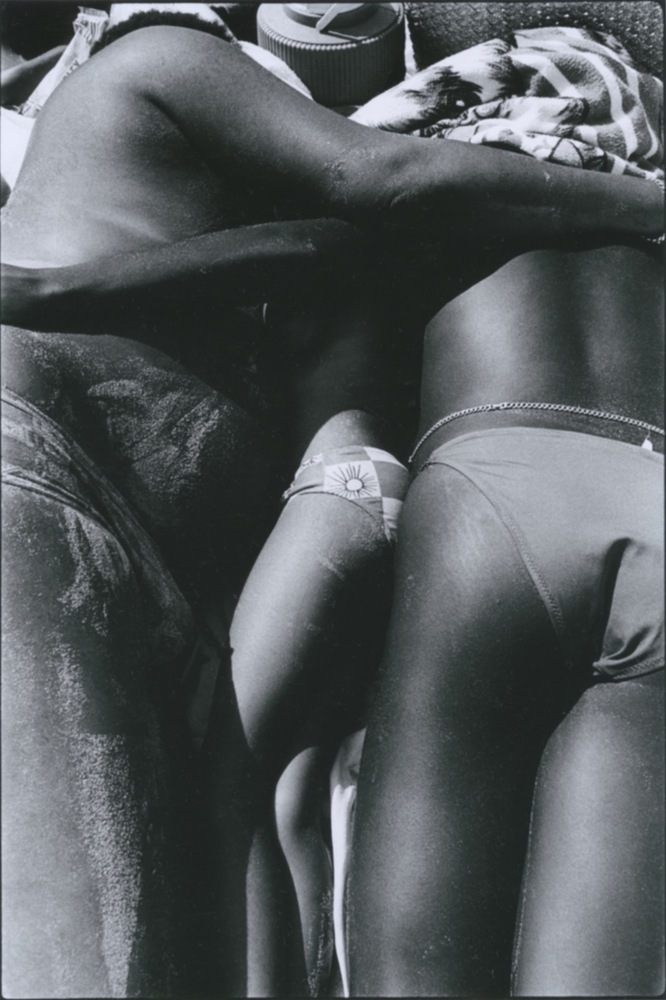
Image: 6 x 9 inches
Print: 11 x 14 inches
Artist's copyright and label on verso
Image: 6 x 9 inches
Print: 11 x 14 inches INV Nbr. AG2002015 Kindly.
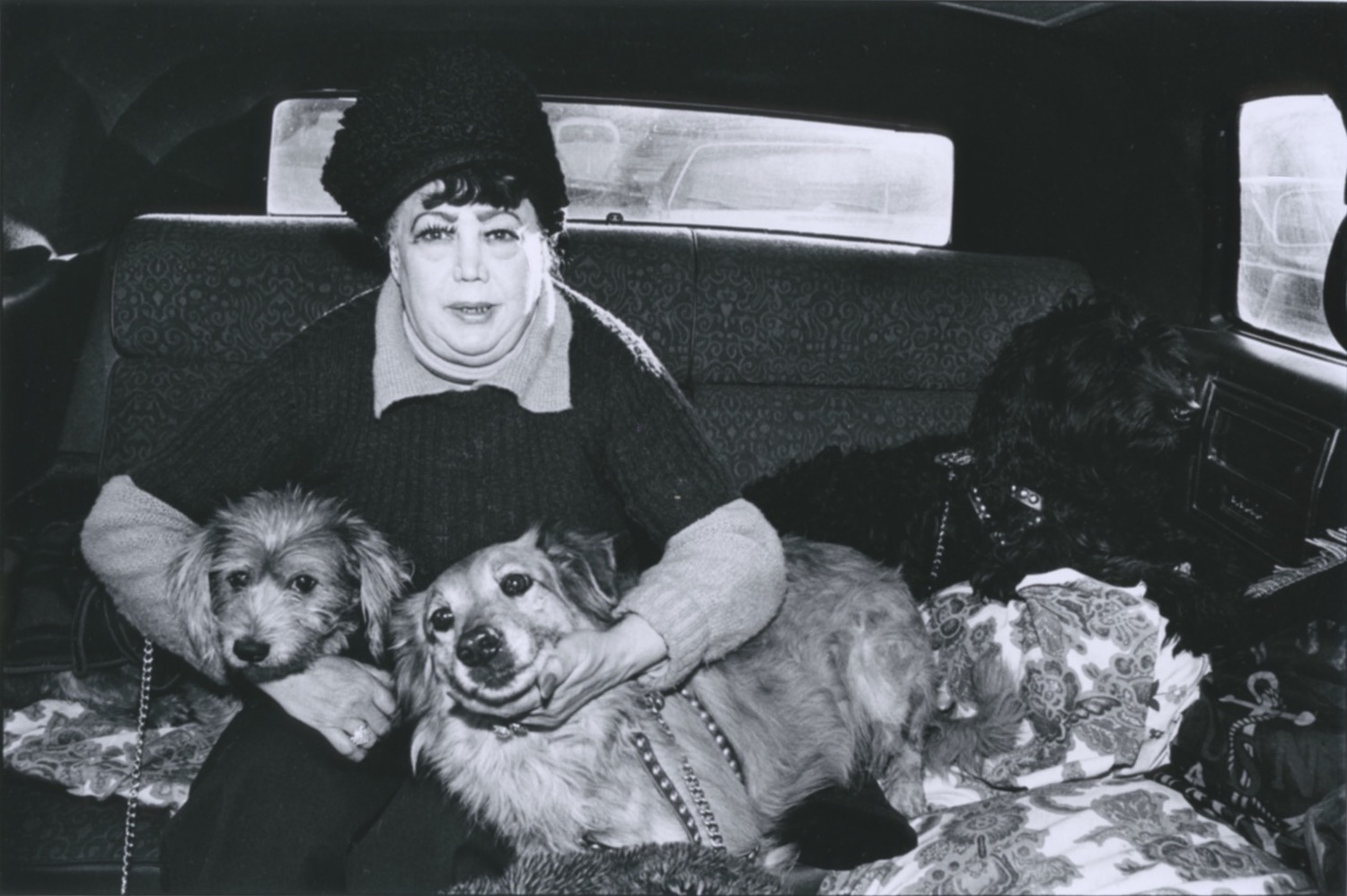
Image: 6 x 9 inches
Print: 11 x 14 inches
Artist's label on verso
Image: 6 x 9 inches
Print: 11 x 14 inches INV Nbr. AG2002016 Kindly.
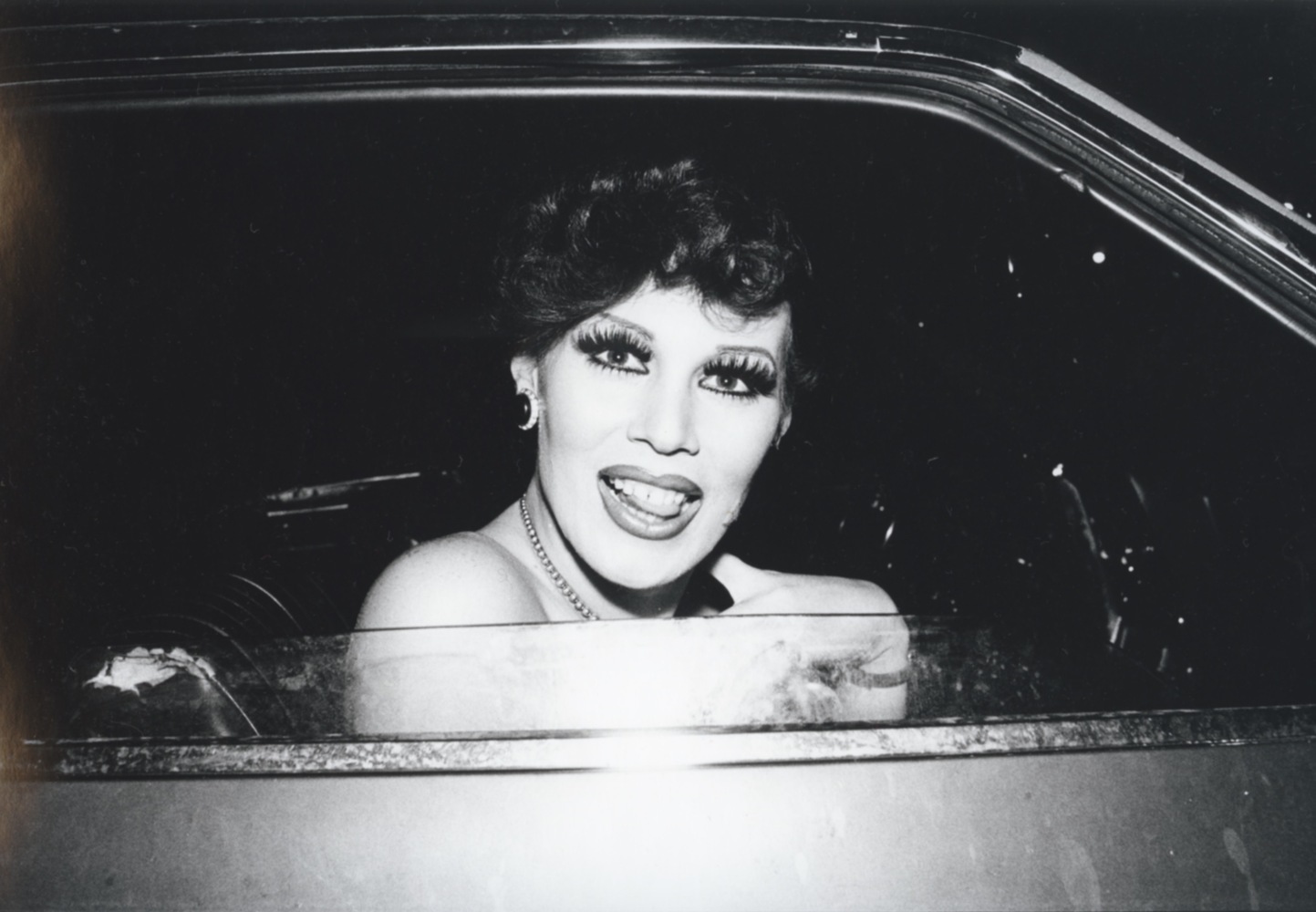
Image: 8 x 12 inches
Print: 11 x 14 inches
Artist copyright and notes on verso
Image: 8 x 12 inches
Print: 11 x 14 inches INV Nbr. AG2002017 Kindly.
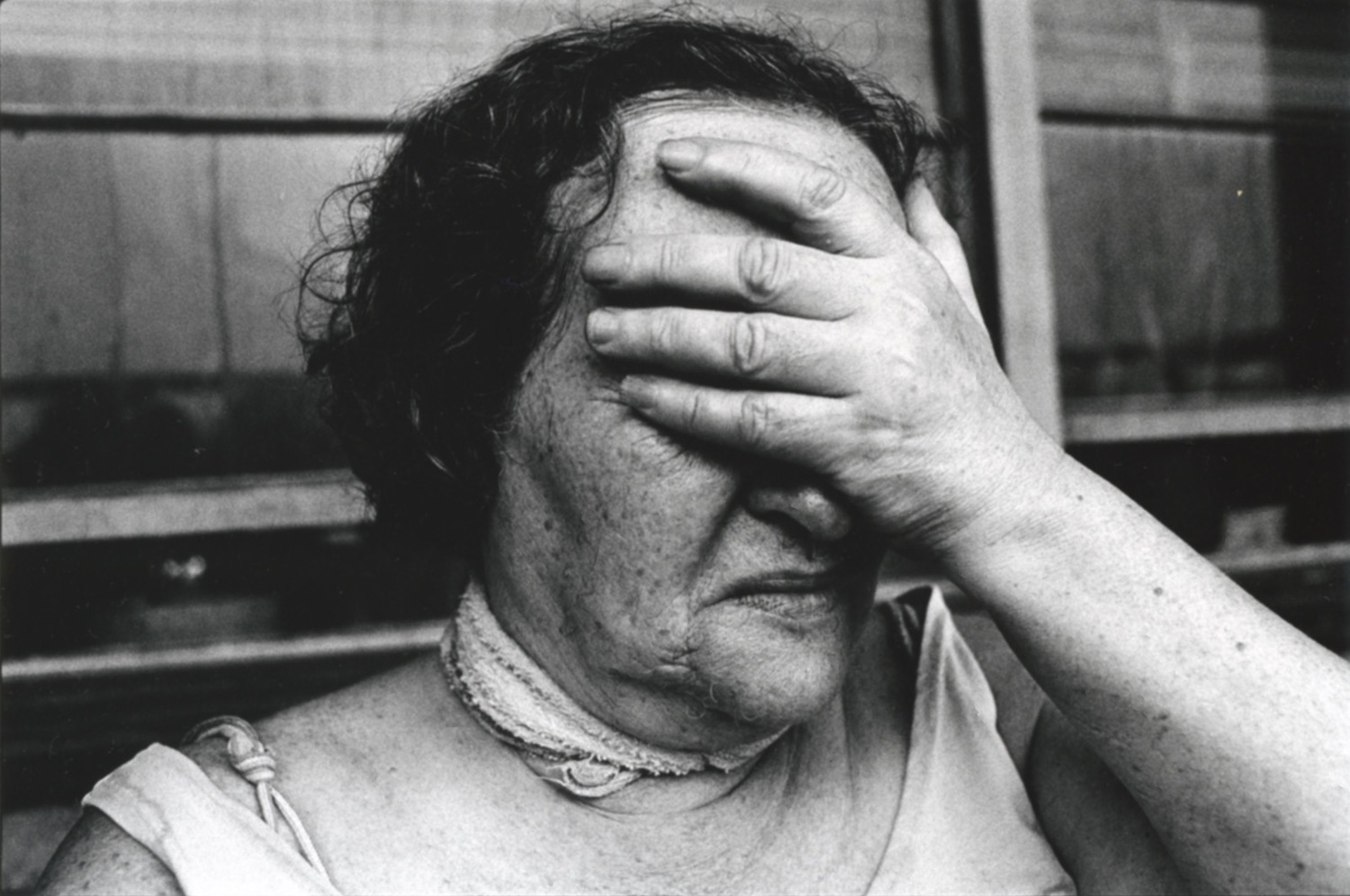
Image: 8 x 12 inches
Print: 11 x 14 inches
Artist copyright on verso
Image: 8 x 12 inches
Print: 11 x 14 inches INV Nbr. AG2002018 Kindly.
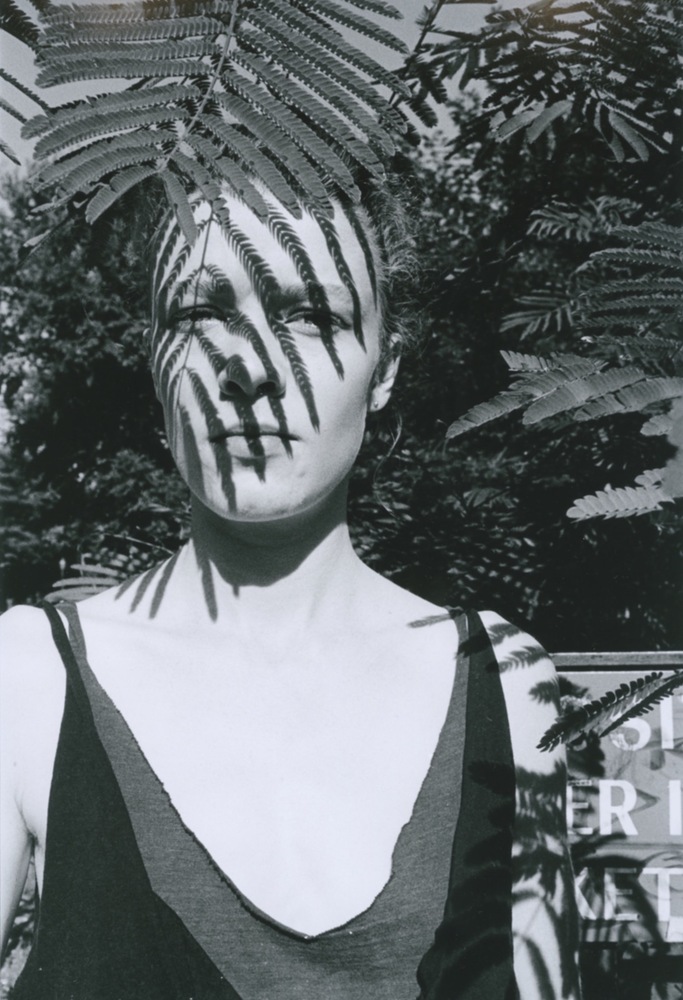
Image: 8 x 12 inches
Print: 11 x 14 inches
Artist copyright on verso
Image: 8 x 12 inches
Print: 11 x 14 inches INV Nbr. AG2002019 Kindly.
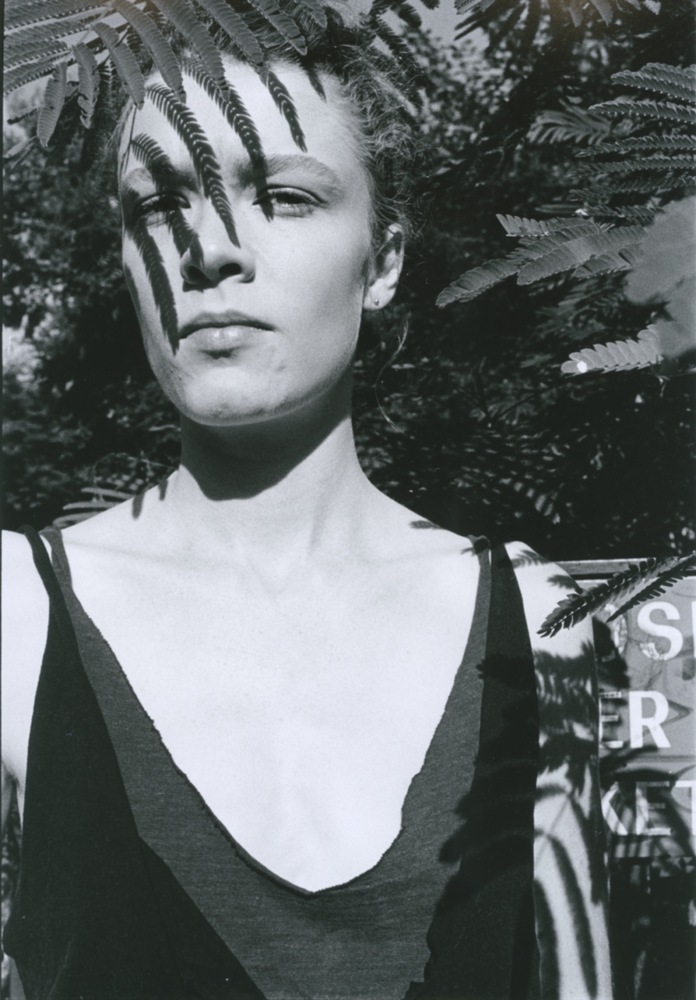
Image: 8 x 12 inches
Print: 11 x 14 inches
Artist copyright on verso
Image: 8 x 12 inches
Print: 11 x 14 inches INV Nbr. AG2002020 Kindly.
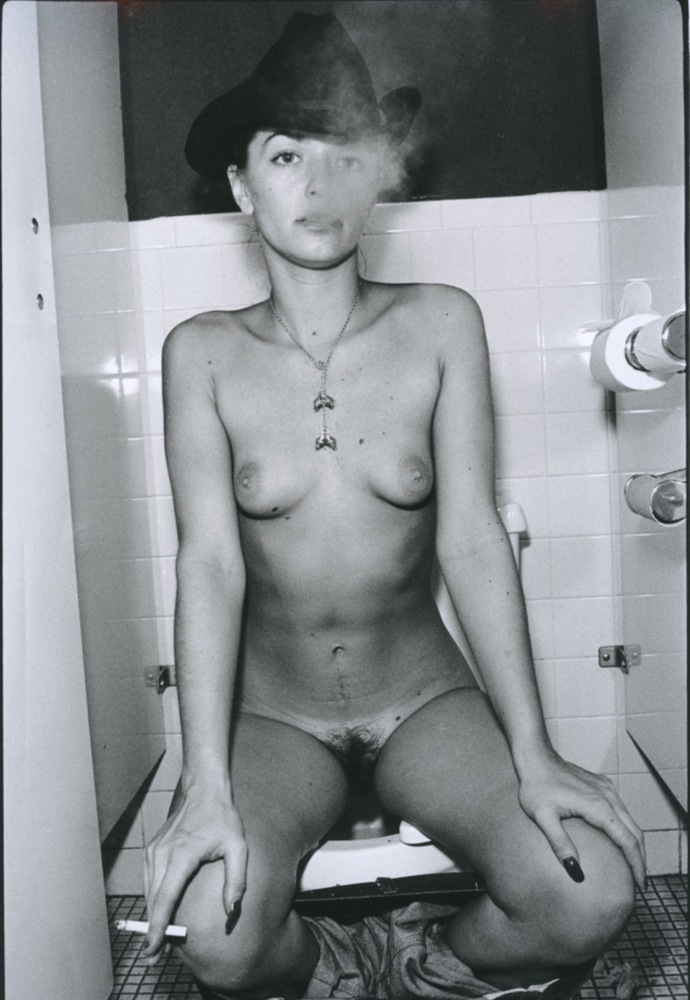
Image: 8 x 12 inches
Print: 11 x 14 inches
Signed by the artist on verso
Image: 8 x 12 inches
Print: 11 x 14 inches INV Nbr. AG2002021 Kindly.
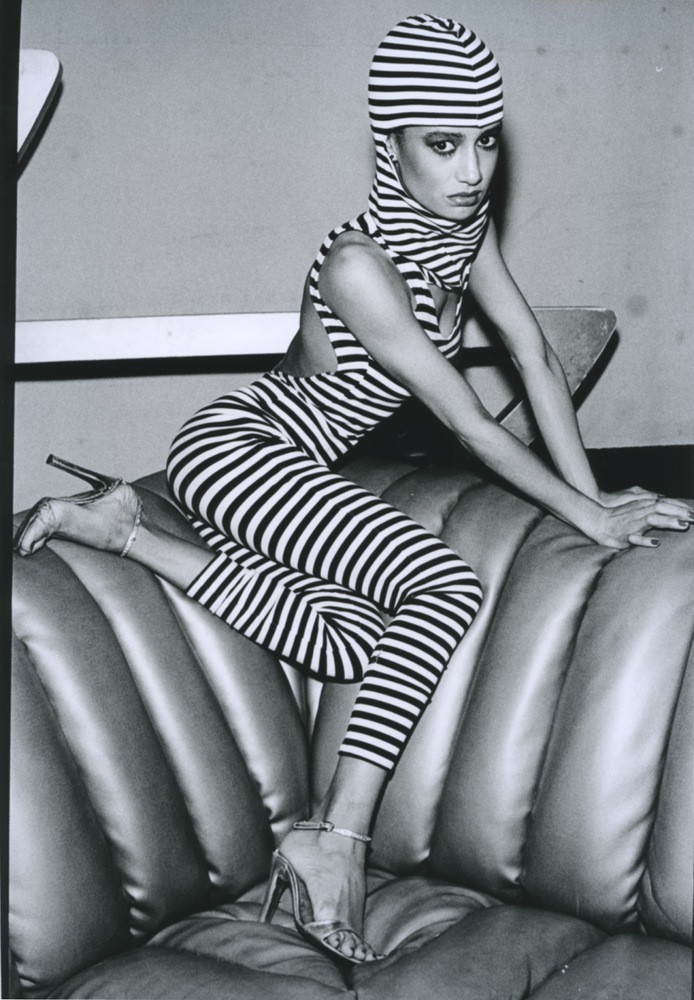
Image: 8 x 12 inches
Print: 11 x 14 inches
Signed by the artist on verso
Image: 8 x 12 inches
Print: 11 x 14 inches INV Nbr. AG2002022 Kindly.
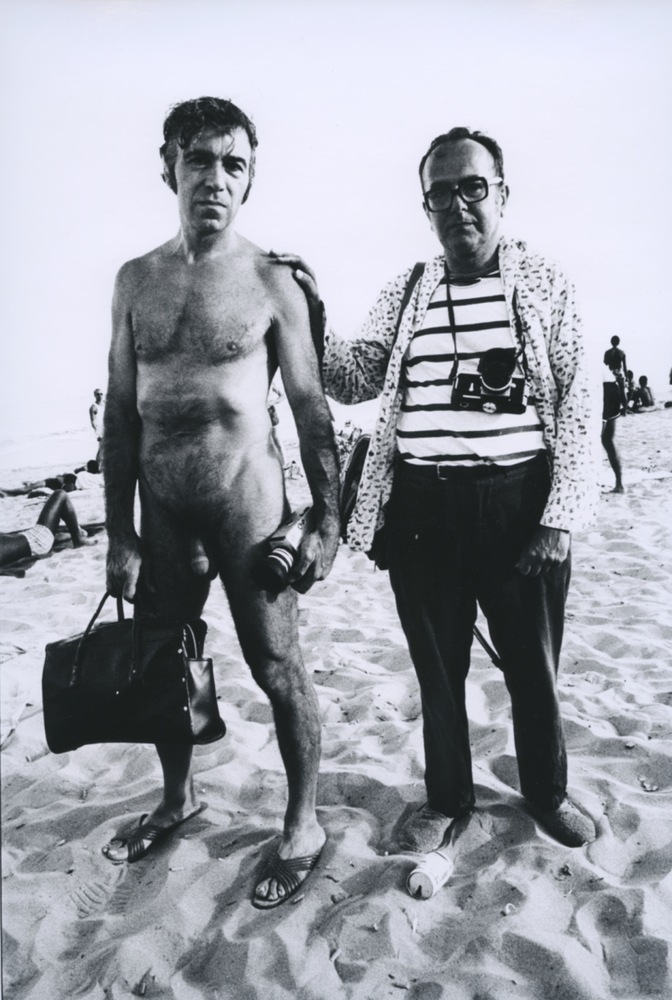
Image: 8 x 12 inches
Print: 11 x 14 inches
Artist's copyright on verso
Image: 8 x 12 inches
Print: 11 x 14 inches INV Nbr. AG2002023 Kindly.
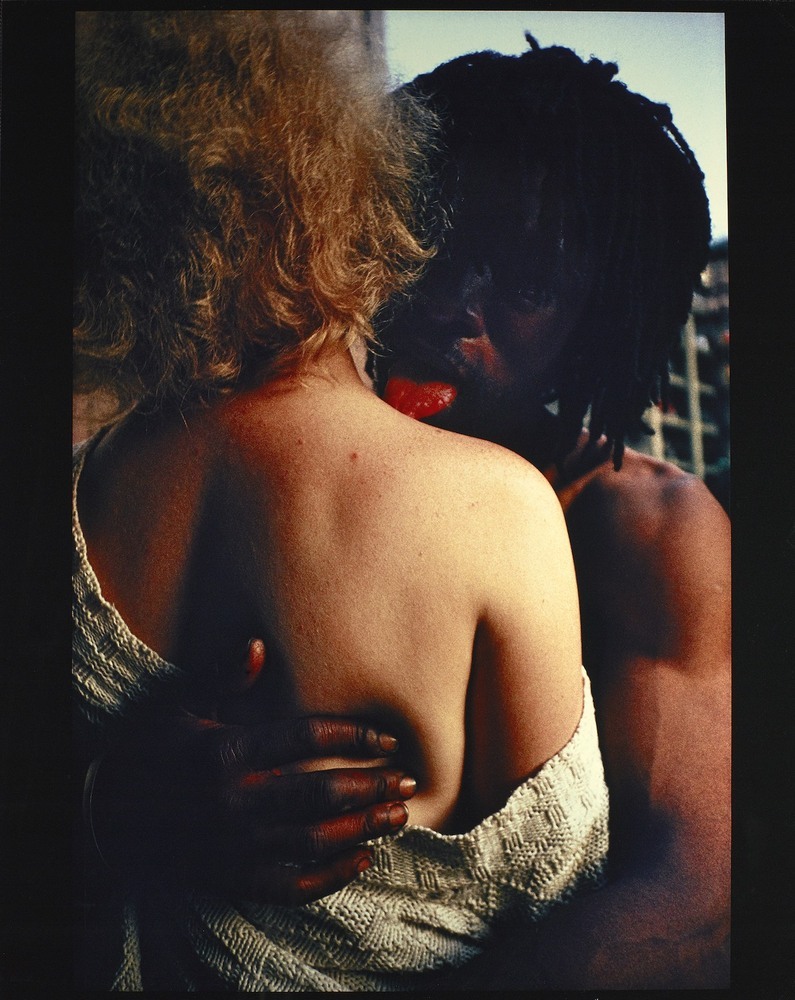
Image: 20 x 16 inches
Print: 20 x 16 inches
Artist's copyright on verso
Image: 20 x 16 inches
Print: 20 x 16 inches INV Nbr. AG2002026 Kindly.
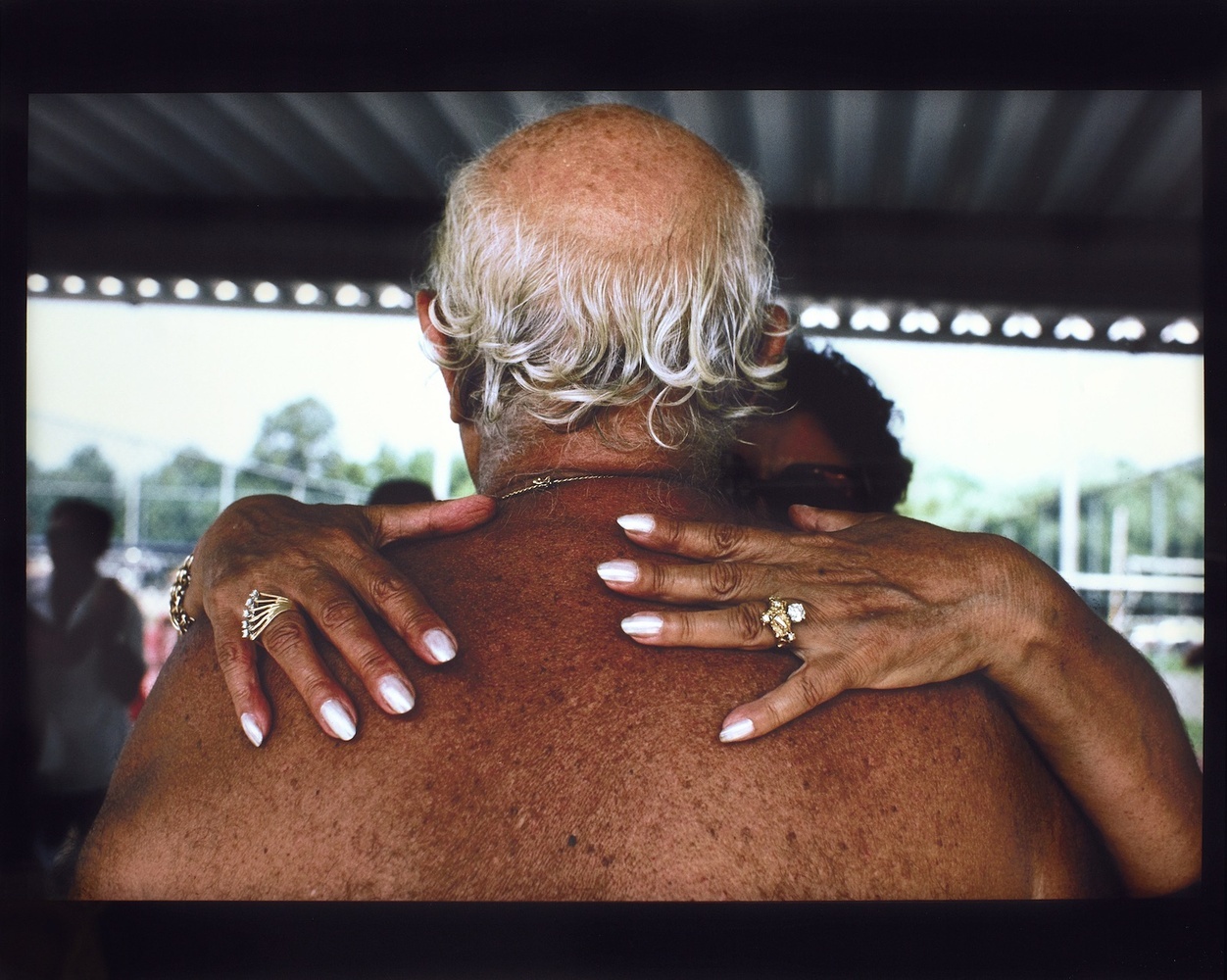
Image: 20 x 16 inches
Print: 20 x 16 inches
Signed by the artist and numbered on verso
Image: 20 x 16 inches
Print: 20 x 16 inches INV Nbr. AG2002025 Kindly.
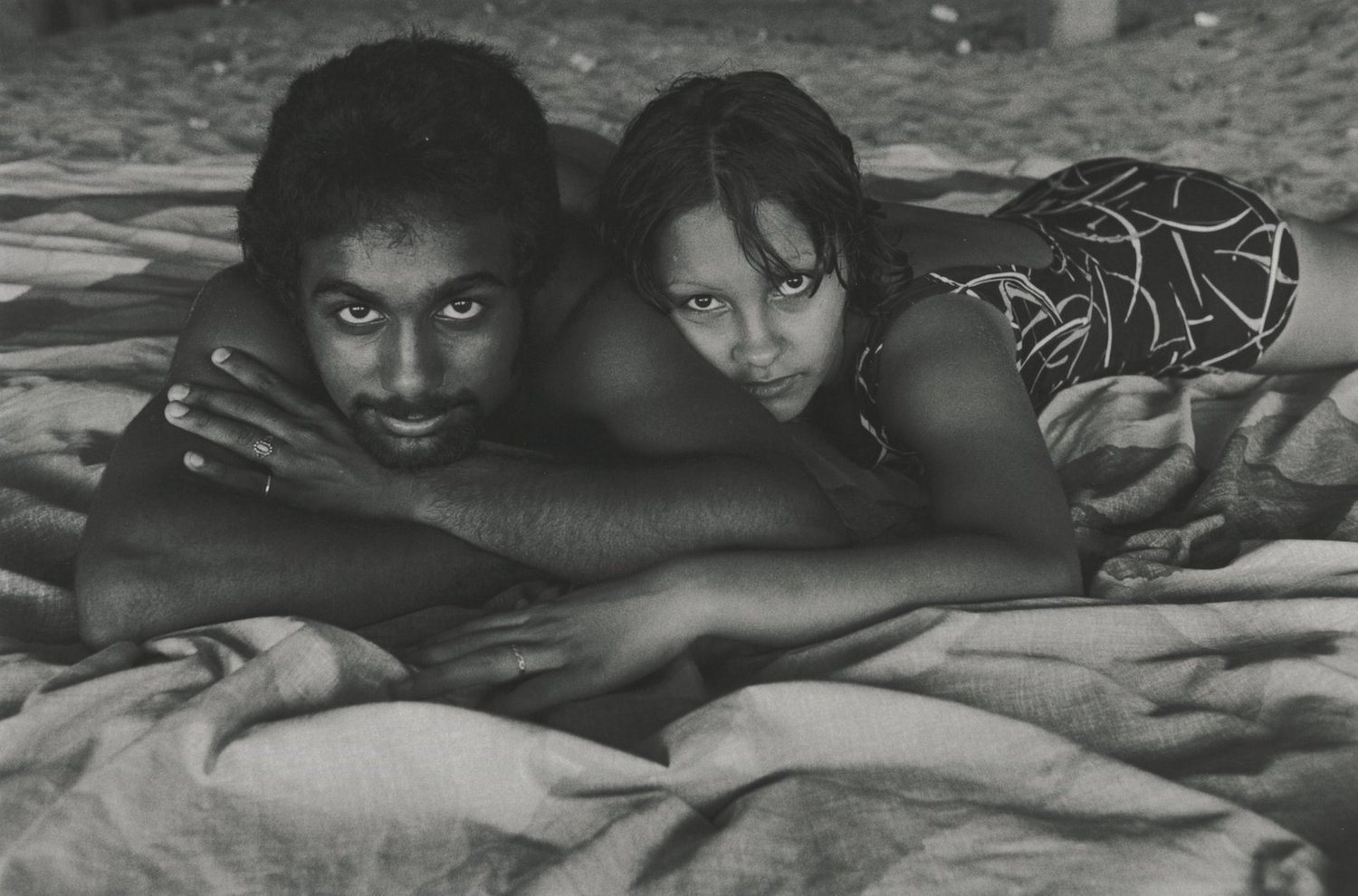
Image: 7 x 12 inches
Print: 11 x 14 inches
Signed by the artist on verso
Image: 7 x 12 inches
Print: 11 x 14 inches INV Nbr. AG2002033 Kindly.
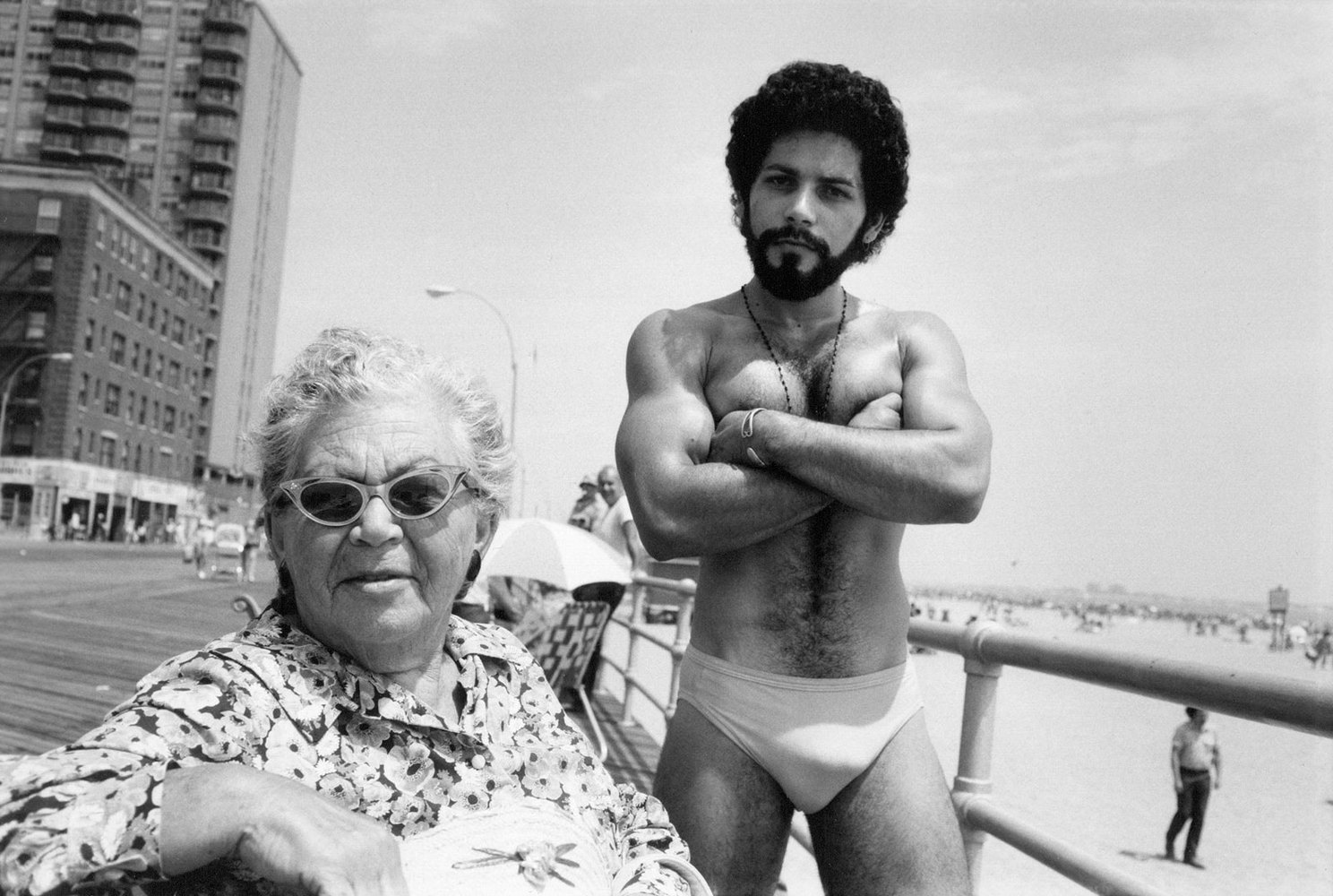
Image: 6 x 9 inches
Print: 11 x 14 inches
Signed on verso by the artist
Image: 6 x 9 inches
Print: 11 x 14 inches INV Nbr. AG1512032 Kindly.
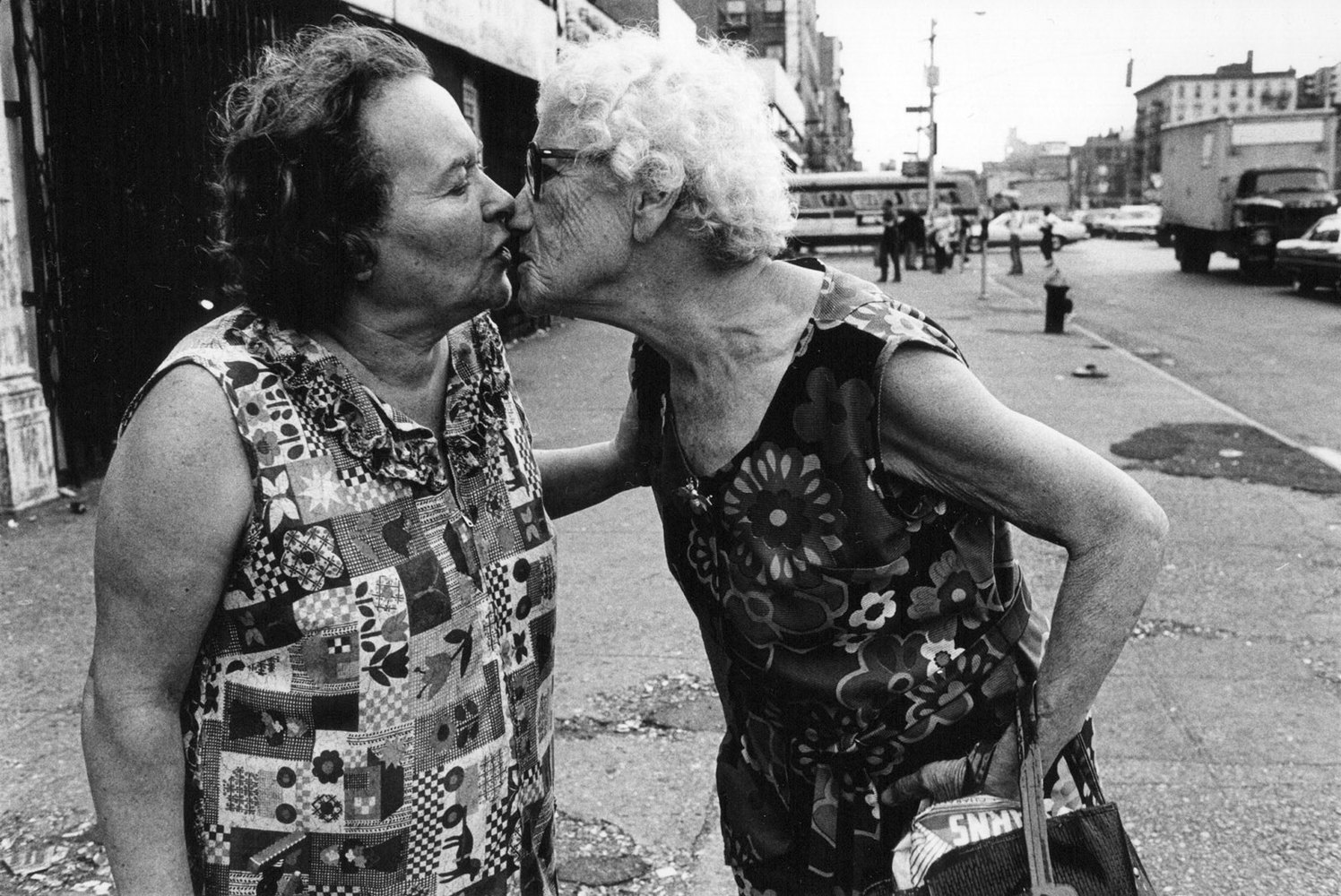
Image: 6 x 9 inches
Print: 11 x 14 inches
Signed on verso by the artist
Image: 6 x 9 inches
Print: 11 x 14 inches INV Nbr. AG1512016 Kindly.
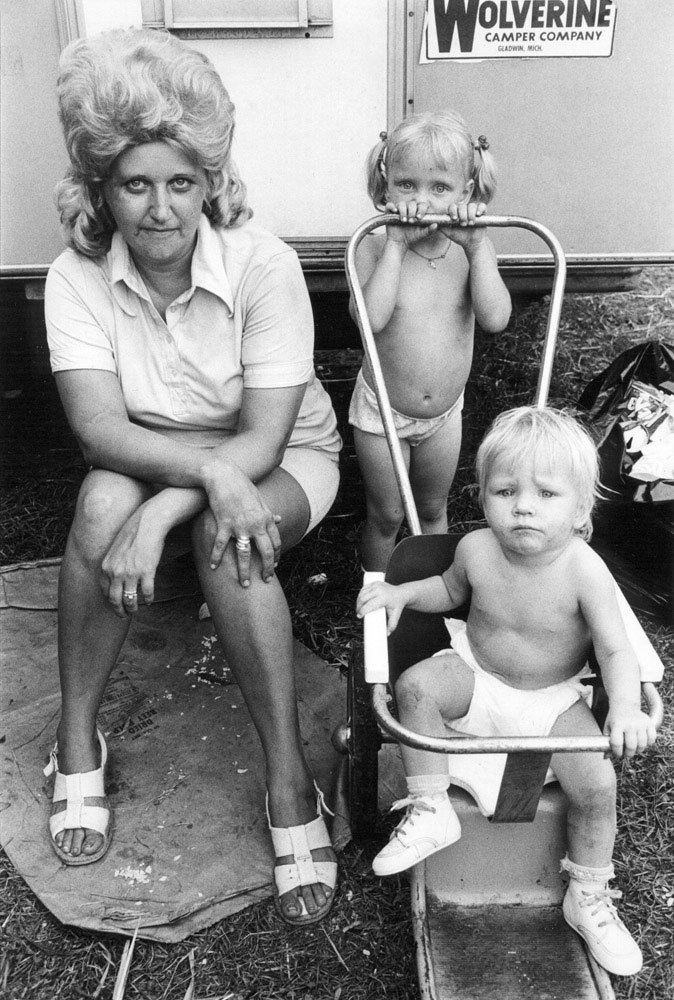
Image: 6 x 9 inches
Print: 11 x 14 inches
Signed on verso by the artist
Image: 6 x 9 inches
Print: 11 x 14 inches INV Nbr. AG1512026 Kindly.
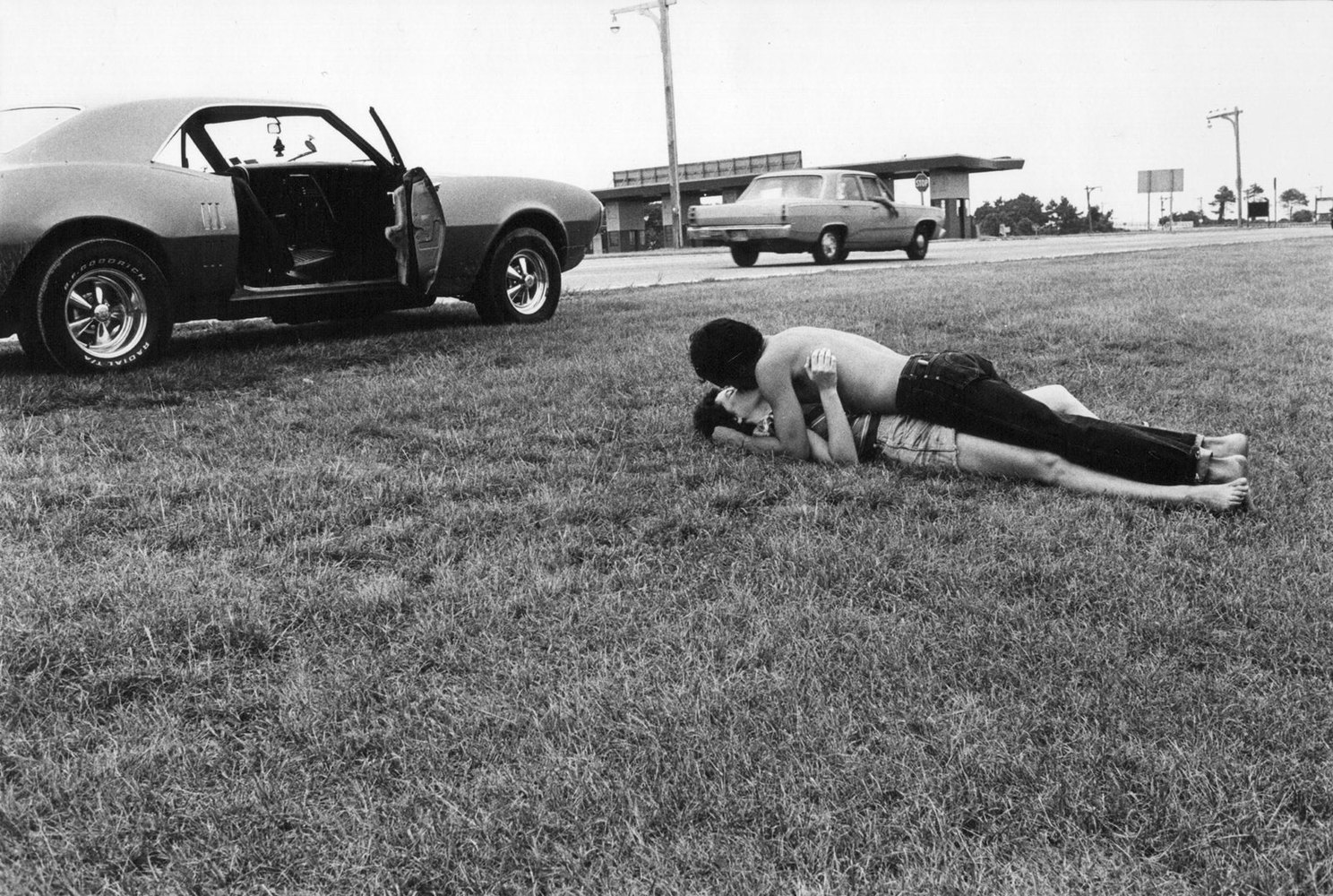
Image: 8 x 12 inches
Print: 11 x 14 inches
Signed on verso by the artist
Image: 8 x 12 inches
Print: 11 x 14 inches INV Nbr. AG1512011 Kindly.
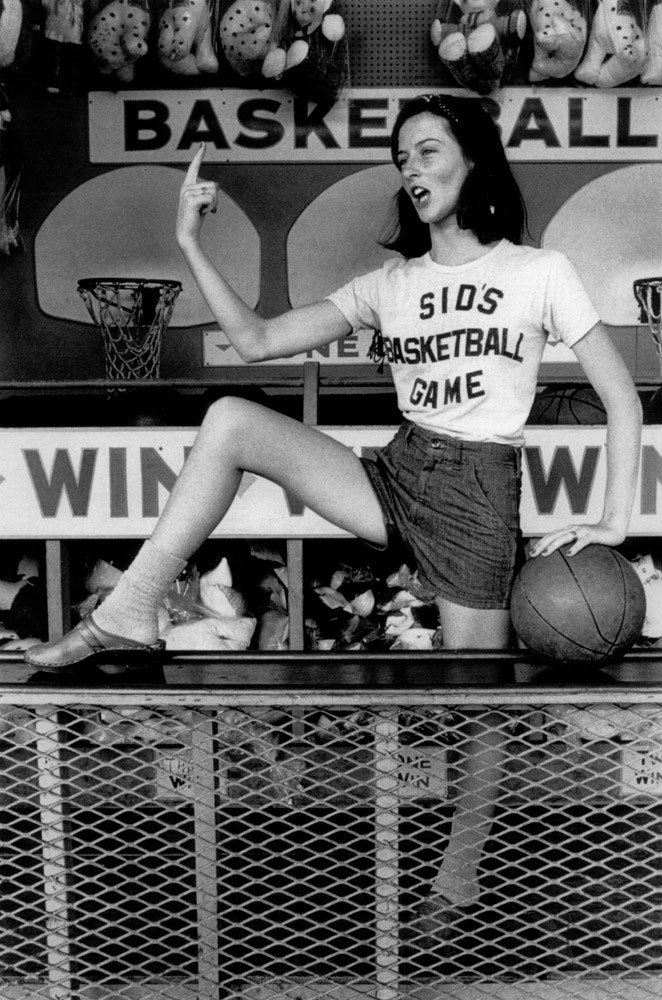
Image: 6 x 9 inches
Print: 11 x 14 inches
Signed on verso by the artist
Image: 6 x 9 inches
Print: 11 x 14 inches INV Nbr. AG1512021 Kindly.
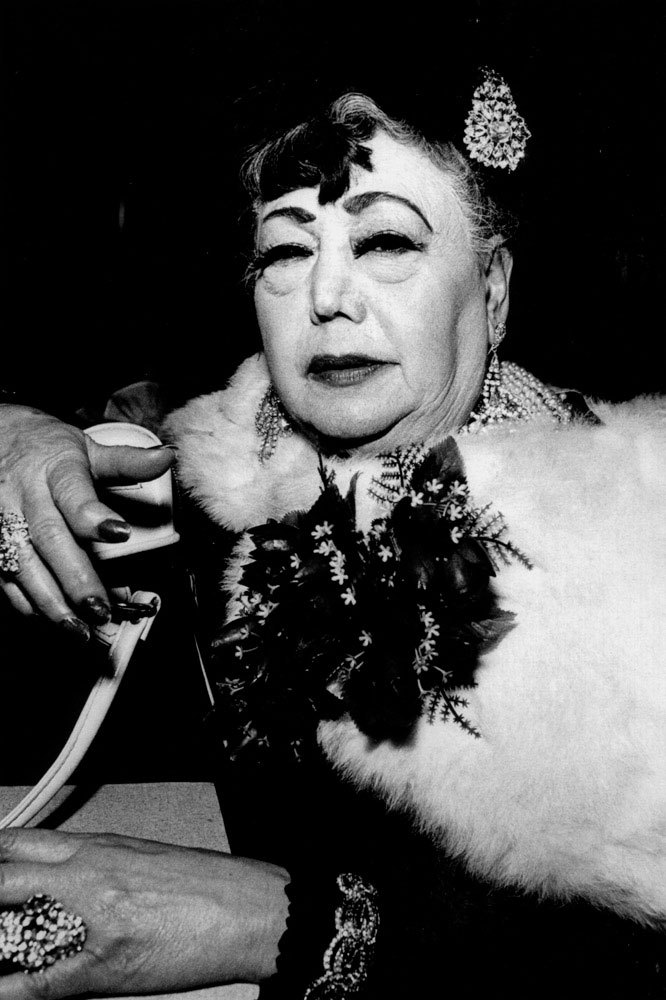
Image: 6 x 9 inches
Print: 11 x 14 inches
Signed on verso by the artist
Image: 6 x 9 inches
Print: 11 x 14 inches INV Nbr. AG1512004 Kindly.
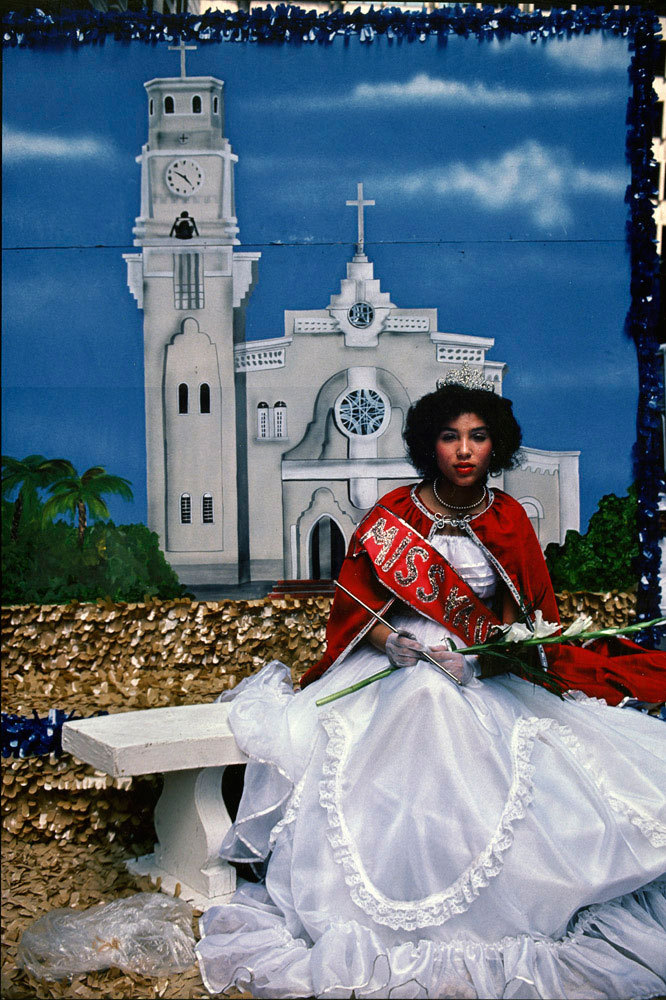
Print: 11 x 14 inches
Signed on verso by the artist
Print: 11 x 14 inches INV Nbr. AG1605012 Kindly.
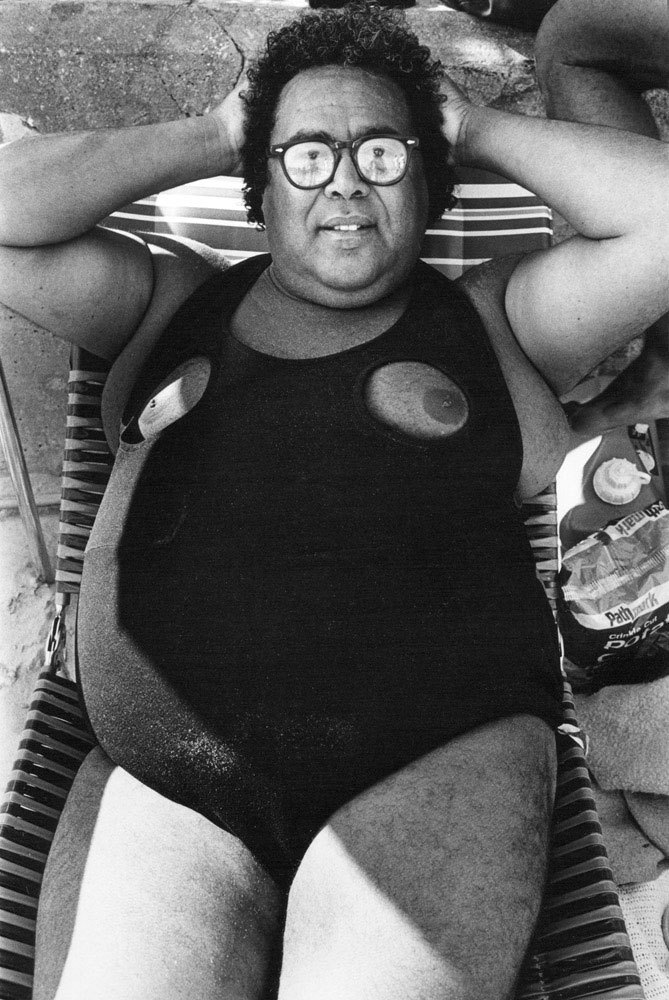
Image: 6 x 9 inches
Print: 11 x 14 inches
Signed on verso by the artist
Image: 6 x 9 inches
Print: 11 x 14 inches INV Nbr. AG1512018 Kindly.
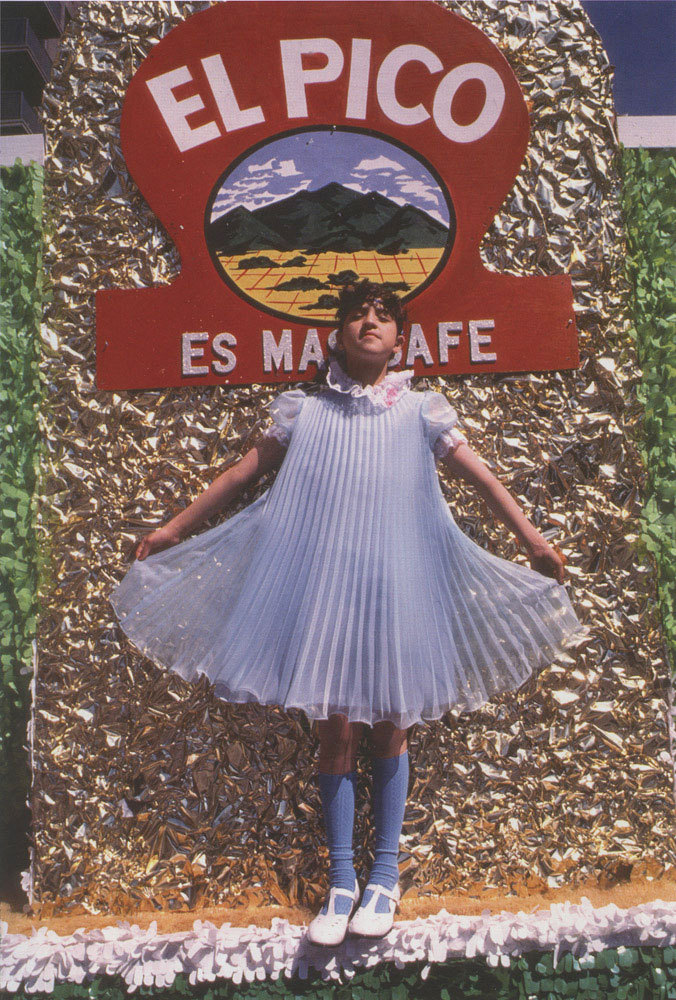
Print: 11 x 14 inches
Signed on verso by the artist
Print: 11 x 14 inches INV Nbr. AG1605008 Kindly.
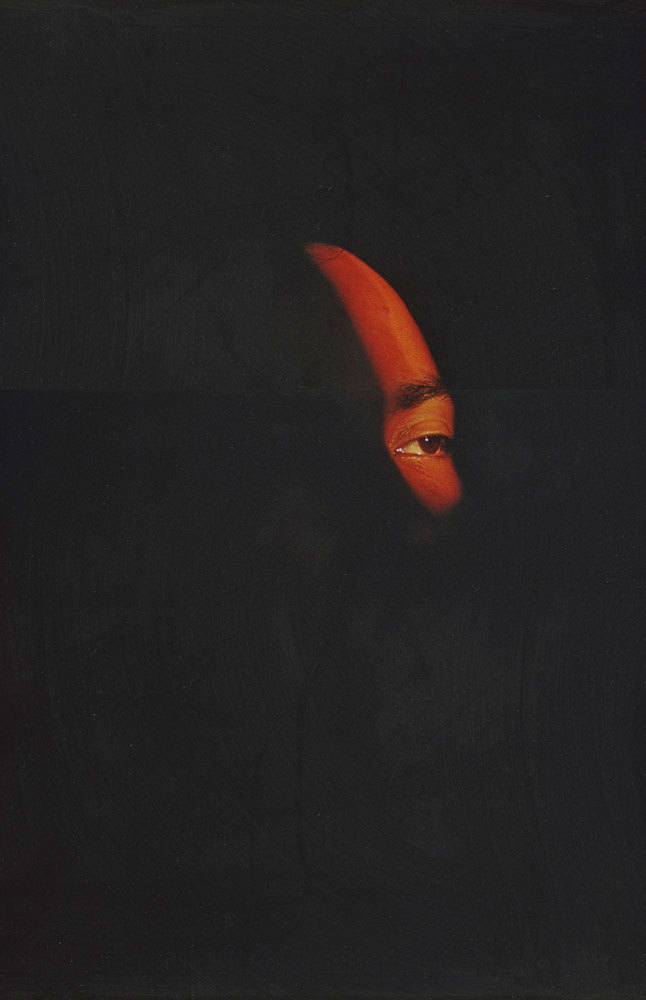
Print: 11 x 14 inches
Signed on verso
Print: 11 x 14 inches INV Nbr. AG1605011 Kindly.
Presentation
Arlene Gottfried, born in Brooklyn, graduated from the Fashion Institute of Technology in New York, and worked as a photographer at an ad agency before freelancing for top publications, including The New York Times Magazine, Fortune, Life, and The Independent in London.
Her first photographs are of life on the streets, picturing her friends, relatives, and neighbors of the ethnically diverse area of Brooklyn she lives in. The photographs from the 1970s and 80s document a part of New York City that no longer exists, a rough environment where she gravitates towards individuals with unique characteristics and large personalities. She goes to festivals, block parties, and all the parades ? Gay Pride, St. Patrick's Day, Puerto Rican Day, and the early Halloween parade. She returns to the beaches of her childhood, Coney Island and Brighton Beach, photographs the Only nude bay in New York, Riis Beach's Bay One, and also clubs and disco that had a sense of wild and free self-expression in a world before the AIDS epidemic.
Gottfried has exhibited at the Leica Gallery in New York and in Tokyo, and at the Smithsonian Institution in Washington, D.C., among others. Her photographs can be found in the collections of the Brooklyn Museum of Art, The New York Public Library, and the Maison Européenne de la Photographie in Paris. She is the recipient of numerous awards, including the Berenice Abbott International Competition of Women's Documentary Photography. Gottfried is the author of Bacalaitos & Fireworks (powerHouse Books, 2011), Sometimes Overwhelming (powerHouse Books, 2008), Midnight (powerHouse Books, 2003) and The Eternal Light (Dewi Lewis Publishing, 1999). A lecturer and a teacher, Gottfried lived and worked in New York City until her death in 2017.
Public collections
Museum Folkwang, Essen, Germany
The Museum of Fine Arts, Houston, TX.
Jorge Paiva private collector, Brazil
Haverford College, Haverford, Pennsylvania,
Lehigh University, Pennsylvania
The Jewish Museum, New York, NY.
Maison Valdotaine de Photographie, Aosta, Italia.
Musee Arthur Batut, Labrugiere, France.
The New York Public Library, New York, NY.
FNAC Galeries Photo, Paris, France.
Brooklyn Museum, Brooklyn, NY.
Southeast Museum of Photography, Daytona Beach, Florida.
Bibliothèque Nationale, Paris, France.
The New York Public Library, New York, NY.
The Museum of Fine Arts, Houston, Texas.
Maison Européenne de la Photographie, Paris, France.
Johnson & Johnson, New Jersey.
Chase Manhattan Banks, New York, NY.
Press
Texts
SOMETIMES OVERWHELMING
Hating High school, I gratuated. My parents insisted I go to college. I knew I would have to do something besides just sit in a classroom trying to pay attention, and it was my mother who looked through the college catalogue and asked if I would be interested in taking a class in art. At registration, I saw that there was a photography class listed.
One night a week, I left my typist job at in Manhattan at 5pm and took the A train to High Street in Brooklyn, where the class was held in a factory builing. The first time I entered the room full of male students, I had to choke back the tears.
When I had gotten to know the guys a little, I was invited to a classmate 's birthday party. A few weeks earlier, this student had taken a picture of me, but strangely, he had asked me to turn around and had photographed the back of my head. At the party, I asked to see the picture ; he said he didn't have a print, but that I could look at the negative in the enlarger.
When I saw the image of my long hair merging into my antique fur jacket , I realized why he had told me to turn around. That was a turning point for me ; I knew then that photography could be a form of expression that spoke with a voice of its own. I began to consider the art more seriously , and decided to enroll in a two-year photography program at the Fashion Institute of Technology.
After graduating, I worked as an assistant for many photographers in their commercial studios, and also as a staff photographer at an advertising agency for several years. Even so, I was constantly photographing in my free time, after work and on weekends. Being a native New Yorker, I was always outside, where I felt most comfortable. I had grown up in Brooklyn, and so my first photographs were of life on the streets. I turned my camera on friends, relatives, and neighbors in my ethnically diverse area. Eventually, my photographs became instiinctual, and I did not think about what to photograph or why.
In clear to me now that these black-and-white photographs from the 1970's and 80's document a part of New York City that has disappeared. It was a rough and unpolished environment, and I always gravitated towards the individuals that had unique characteristics arnd large personalities. I went to festivals, clock parties, and all the parades ? Veteran Day, Easter, Puerto Rican Day, Gay Pride, St. Patrick's Days, and the especially charming and original early Halloween parade.
During the summers I returned to the beaches of my chilhood, Coney Island and Brighton Beach. I have clear memories and strong attachments to these beaches, and still visit them. I photographied at Riis Beach's Bay One, the only nude bay in New York. When I was visited to clubs and discos I brought my camera ; Studio 54, GG's Barnum Room, Le Clique, Les Mouches, Paradise Garagen and the roller disco Empire Rollerdrome had glamour, grit, sexual exhibitionism, and a sens of wild and free self-expression in a world before the AIDS epidemic. My photographs were like souvenirs ; I liked to collect moments and remambrances of the people in the places that I visited. If I got great photographs out of them as well, that was the icing on the cake. When Radio City was going to be demolished, I joined those who were outraged by the loss, and decided to immortalize New York City's last great music hall by photographing the Rockettes. I photographed the dancers at Roseland Ballroom, who had started going there in the 1940s and 50s and still loved to dance
The photographs in SOMETIMES OVERWHELMING are glimpses of an era and its people. Most of the peopole I photographed were aware of the camera, but I never told them to pose ? it was a collaboration. The older people pictured, many of whom I know and love, didn't pay any attention to me, while the children acted completely out of their imaginations. Looking back a them, I am catapulted through time to each place and event, and to all those people I have had the pleasure of seeing along the wayL
Arlene Gottfried.
BACALAITOS AND FIREWORKS
From my window on New York City's Lower East Side, I could look out and see the Puerto Rican culture I encountered over 30 years earlier, around the same time I began photographing. One night I heard a street vendor on the corner of Avenue C and East 3rd Street calling « bacalaitos and fireworks », bacalaitos, a fried cod fish indigenous to Puerto Rico, and fireworks, for the Fourth of July weekend. This juxtaposition became etched in my mind - representative of an immigrant population on the streets of America.
The wave of Puerto Rican immigration to America began in the 1950s, with individuals seeking the promise of a better life. The incoming families moved into many different urban areas including the Brooklyn neighborhood where I grew up. I took to the streets with my friends and neighbors, where I learned to dance salsa and speak some Spanish, and when I picked up a camera, my friends in the neighborhood became my subjects.
My involvement with the Latino Community has intensified over the years and continues to be very personally important. The work collected here stands as witness to the negative effects of poverty, revealing the pain and alienation, neglect, unexpected pregnancy, single motherhood, drug addiction, crime, incarceration, and the extremely high mortality rate among young people affecting the Puerto Rican community in New York City.
However this work also shows the spirit of a people with a powerful passion for life.
Those who survive the ghetto rely on a vibrant and intimate community to help overcome the obstacles and the struggles of everyday living.
Arlene Gottfried
Exhibitions
Les coups de coeur de l'équipe
Group show
June 20 - July 27 2019
AIPAD 2018
Group show
5 - 8 April 2018
Paris Photo 2017
Group show
9 - 12 November 2017
Bacalaitos and Fireworks
January 20 - February 25 2017
Paris Photo 2016
Group show
10 - 13 November 2016
L'insouciance d'une epoque
January 9 - March 5 2016
New York
Group show
March 20 - June 13 2015
News
Portrait(s) 2020
Sébastien Camboulive,
Aymeric Fouquez,
Paul Pouvreau,
Bruce Wrighton
September 5 - October 25 2020
La rue nous appartient - New York, 1970-1980
October 12, 2019 - January 12 2020
Sometimes Overwhelming
8 - 27 May 2018
A Lifetime of Wandering
February 28 - April 28 2018
A tribute to Arlene Gottfried
October 18 - December 9 2017



